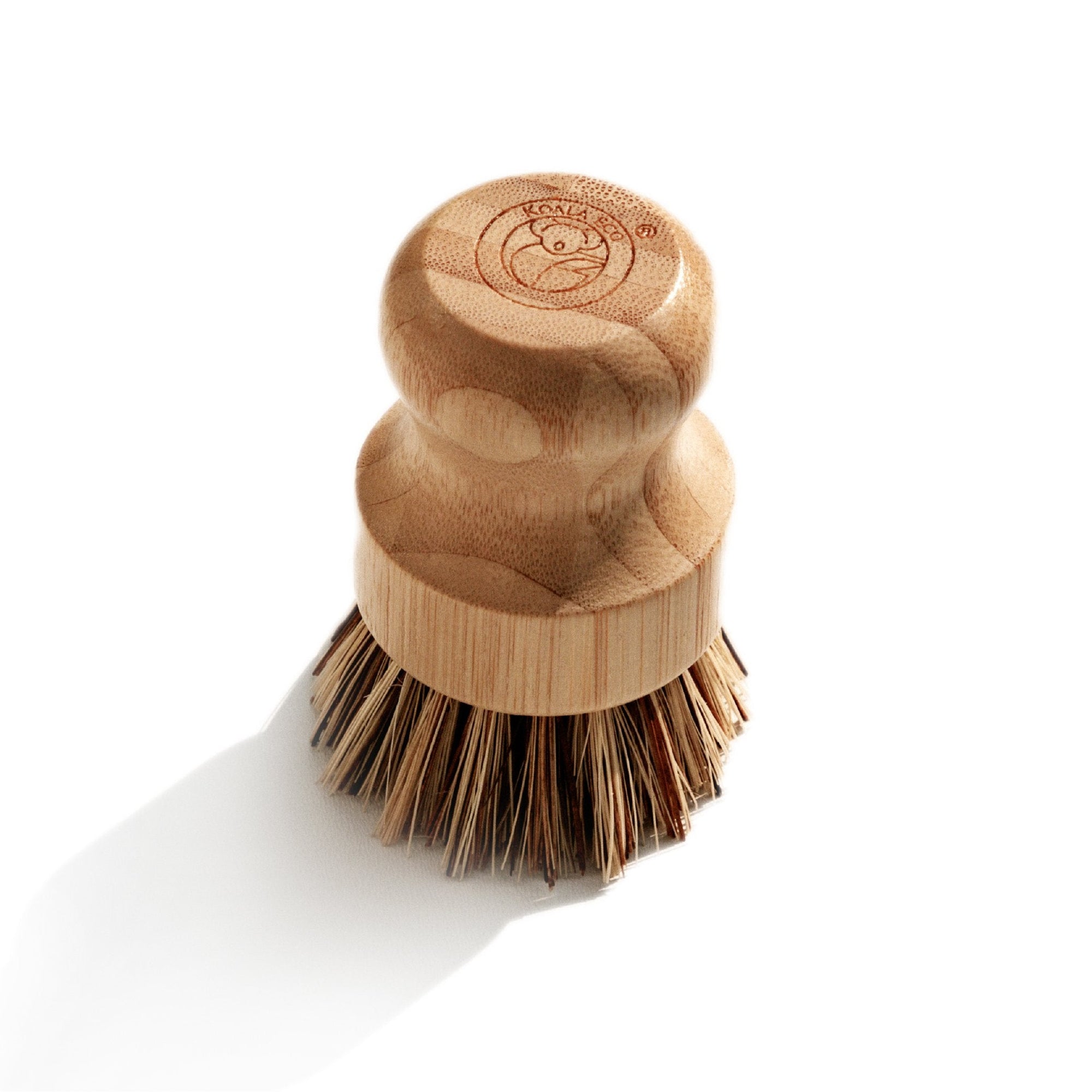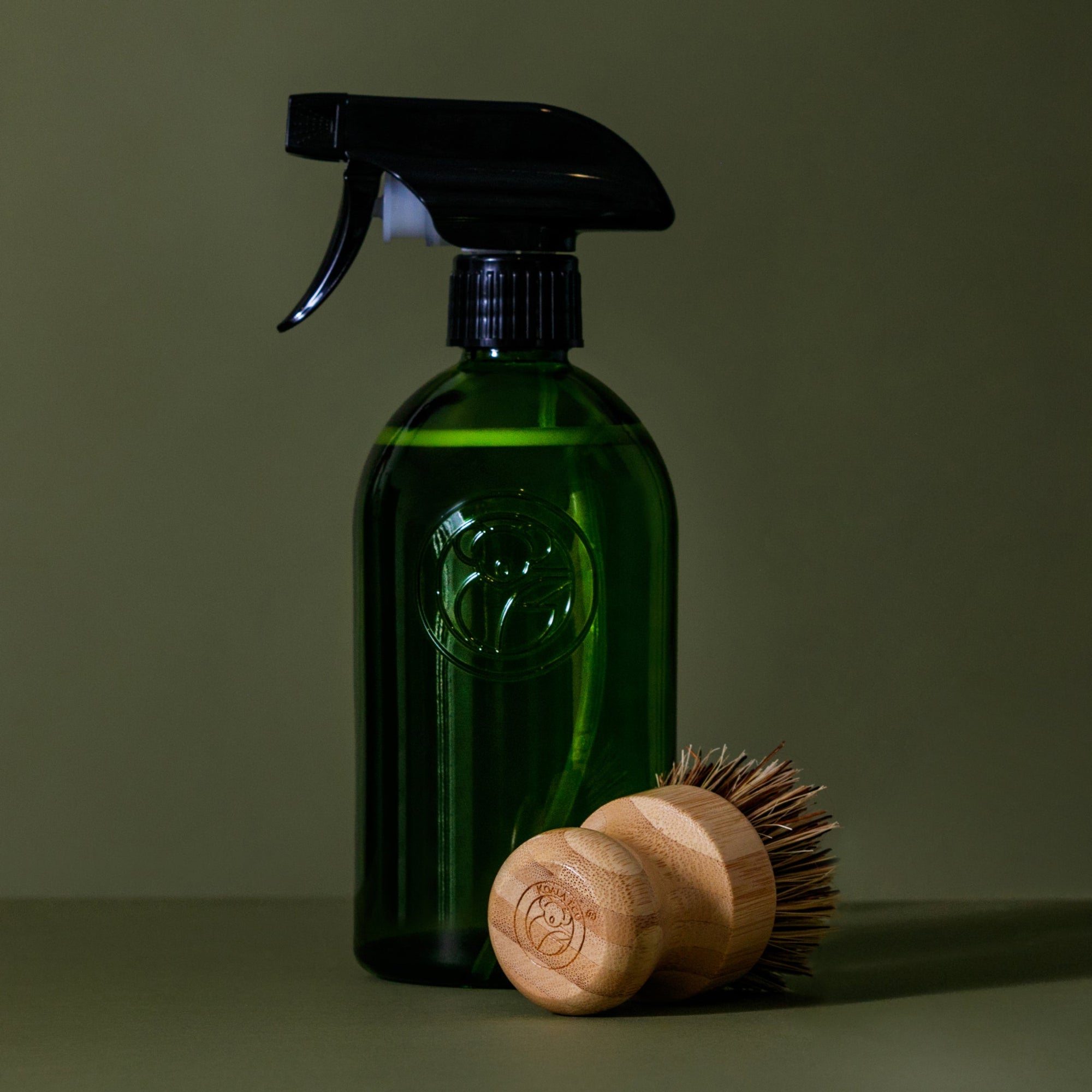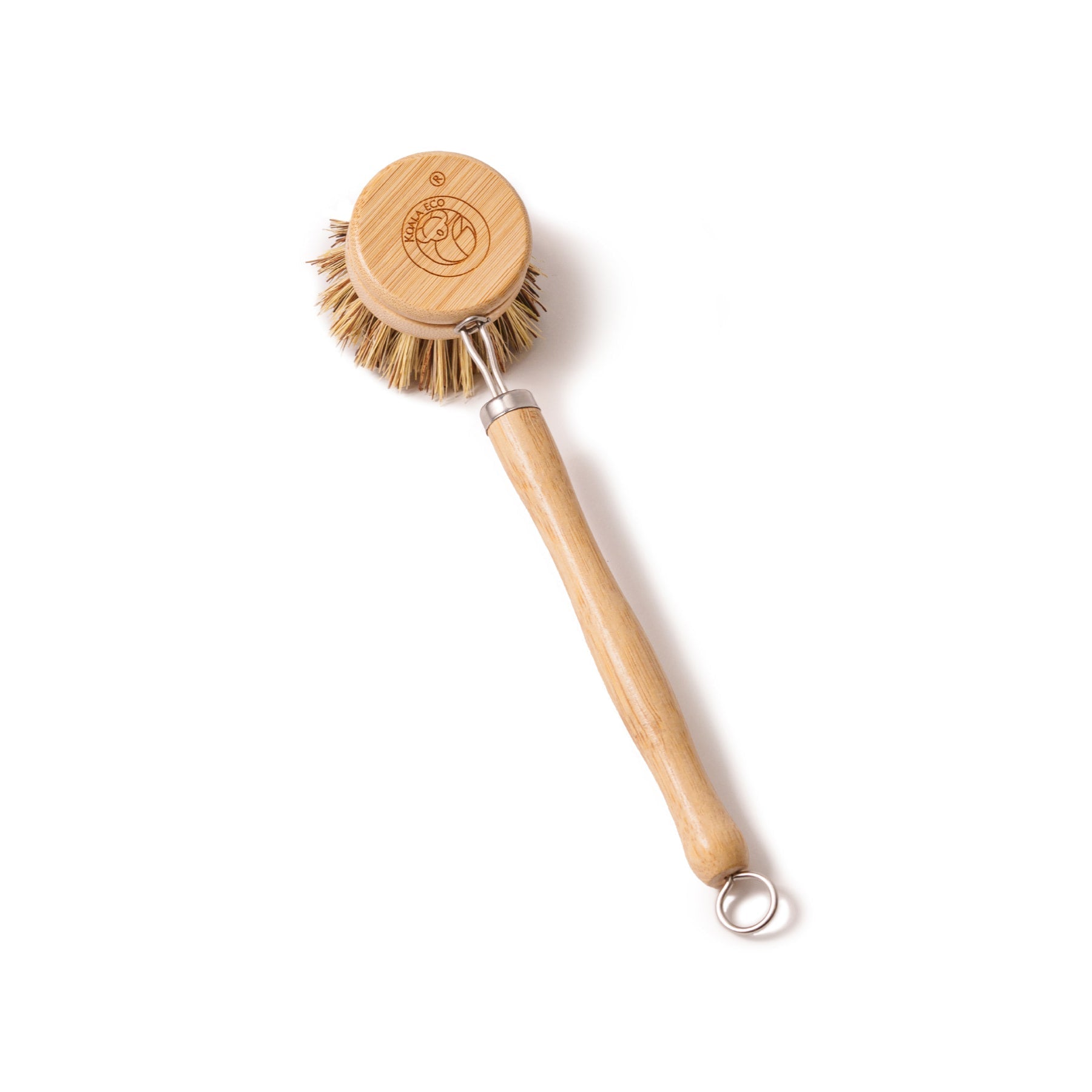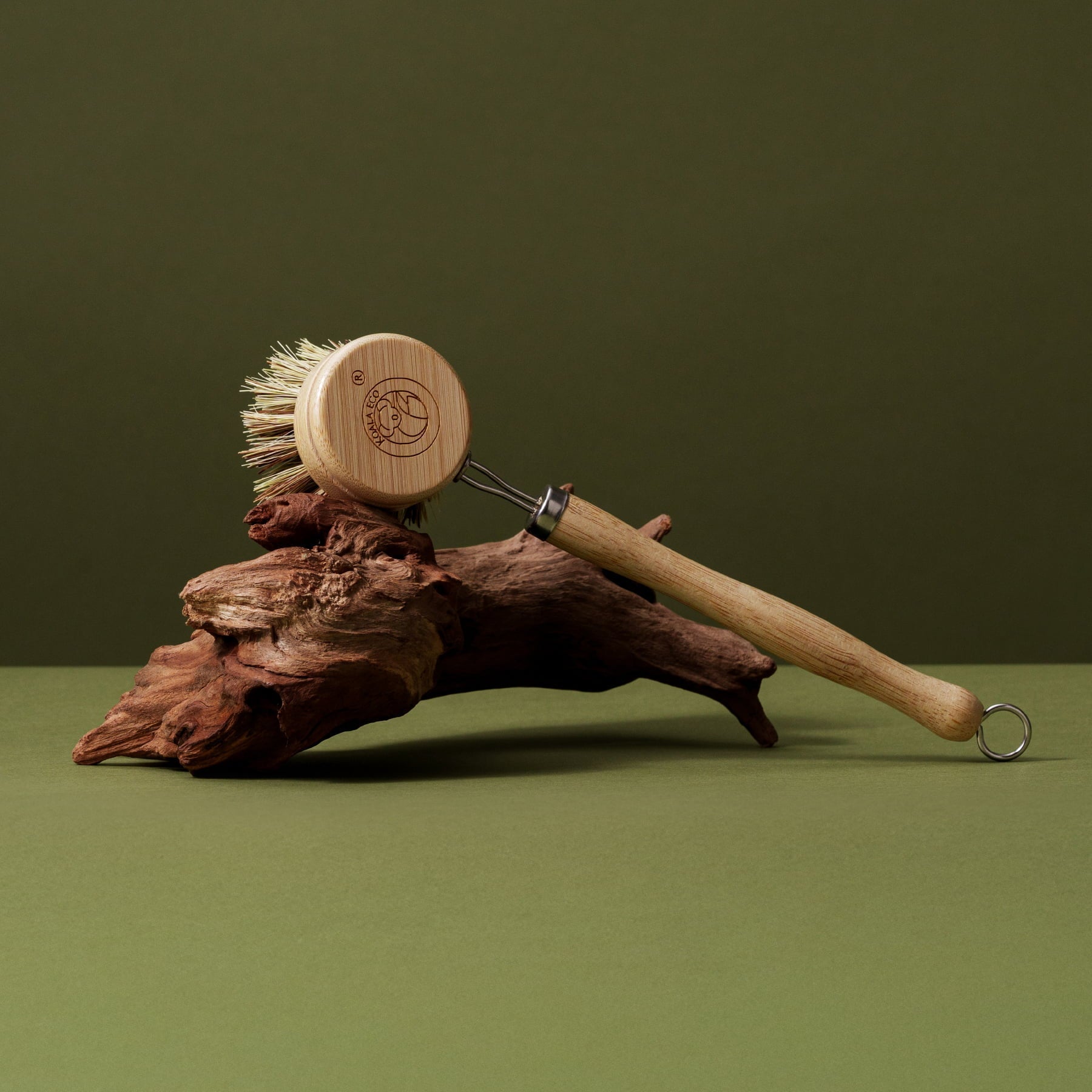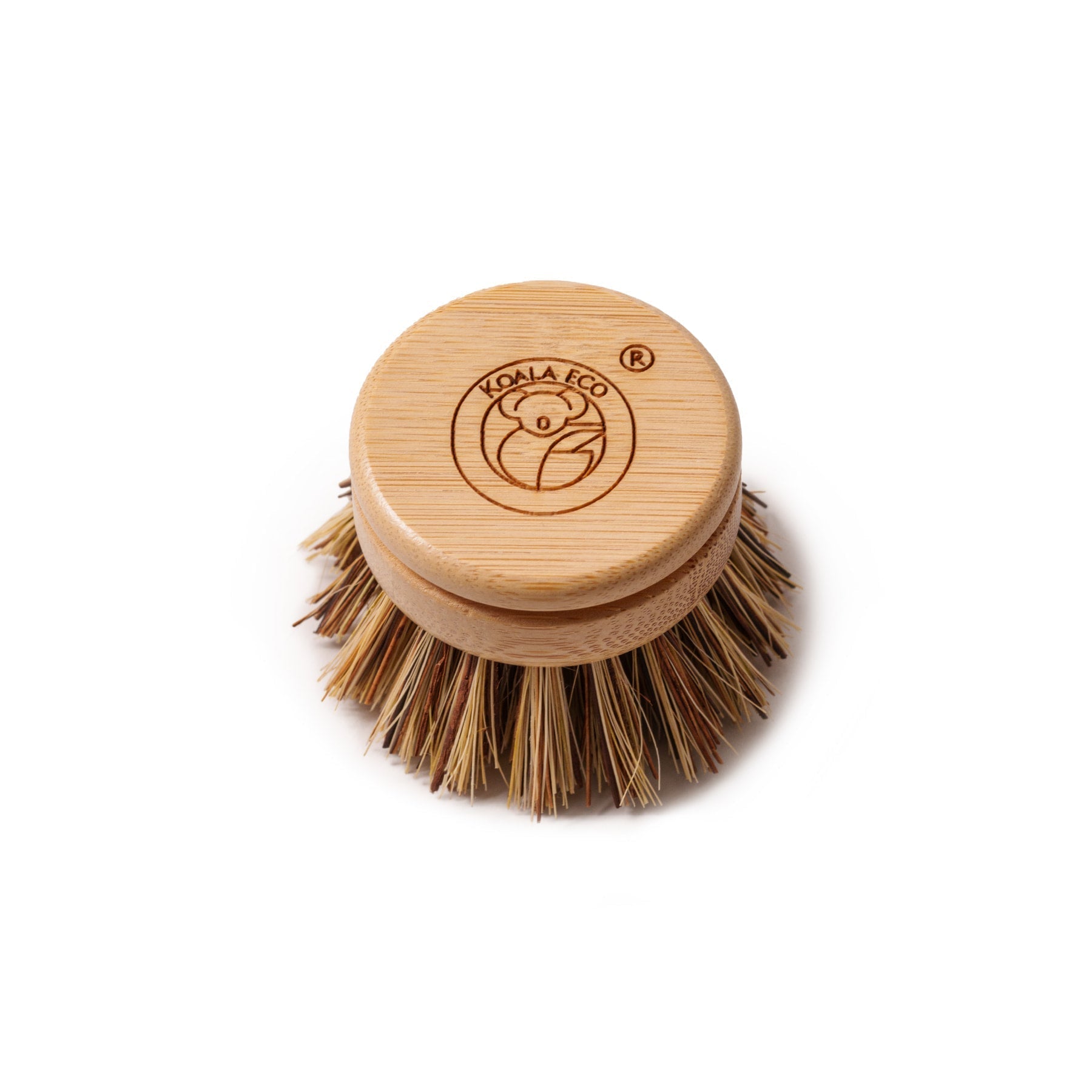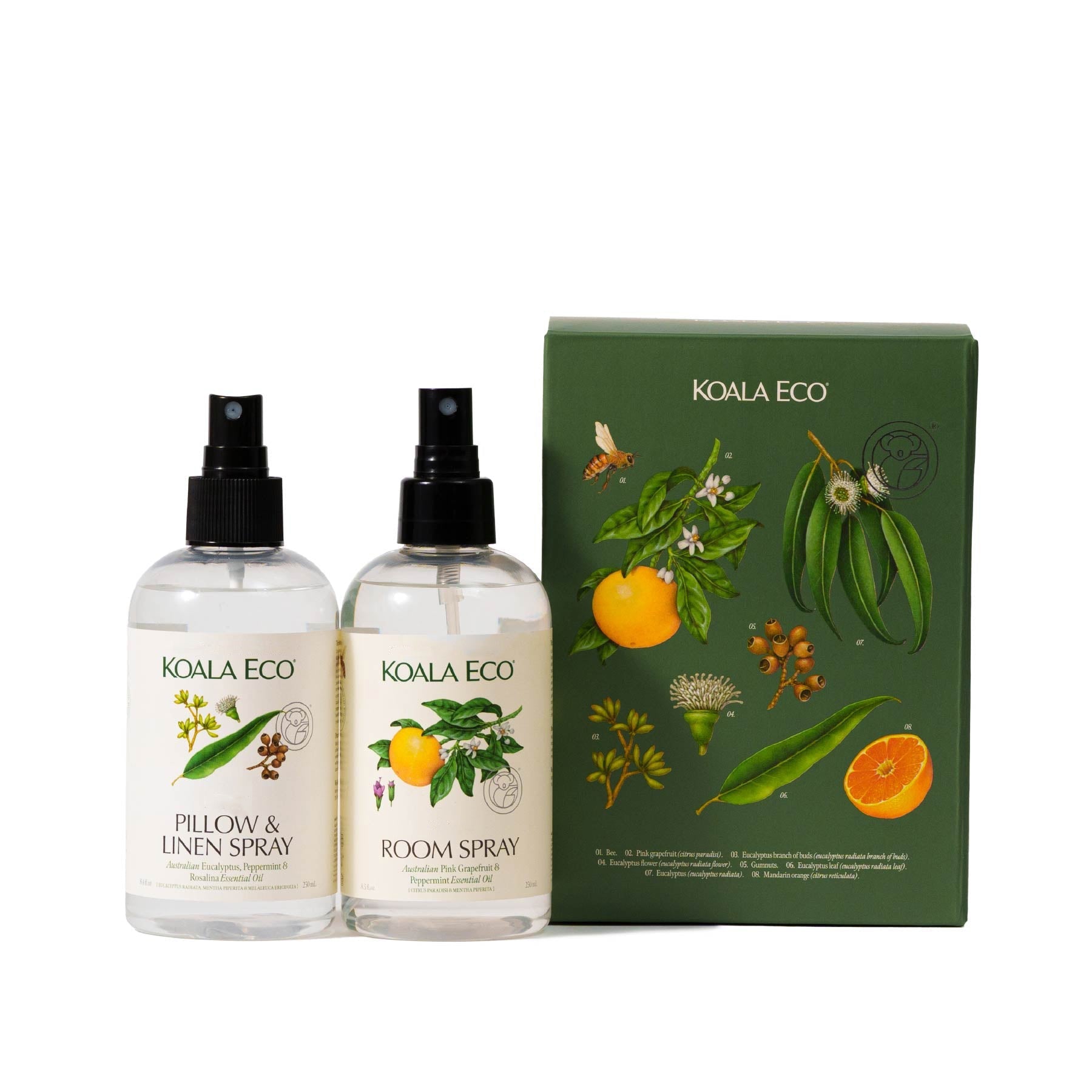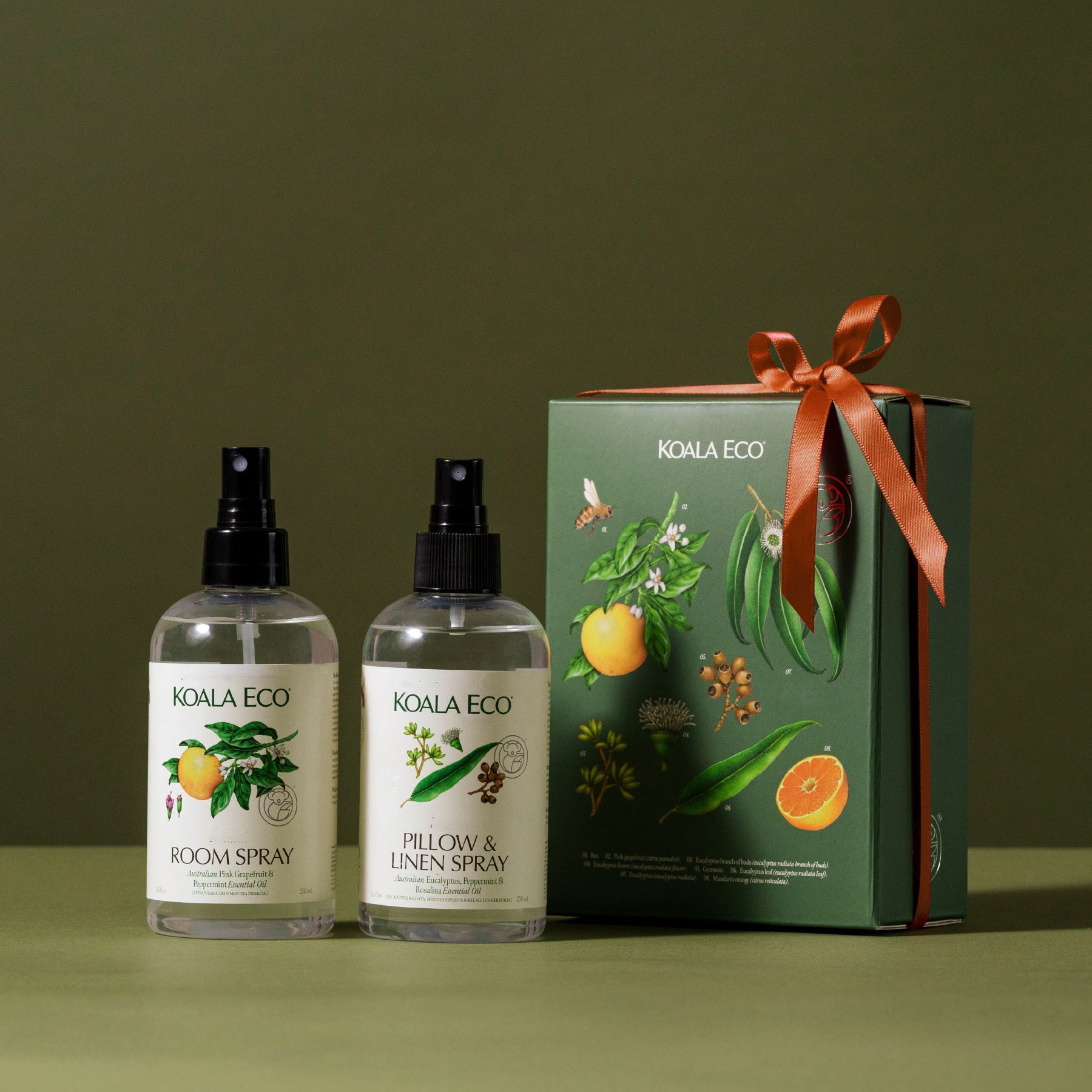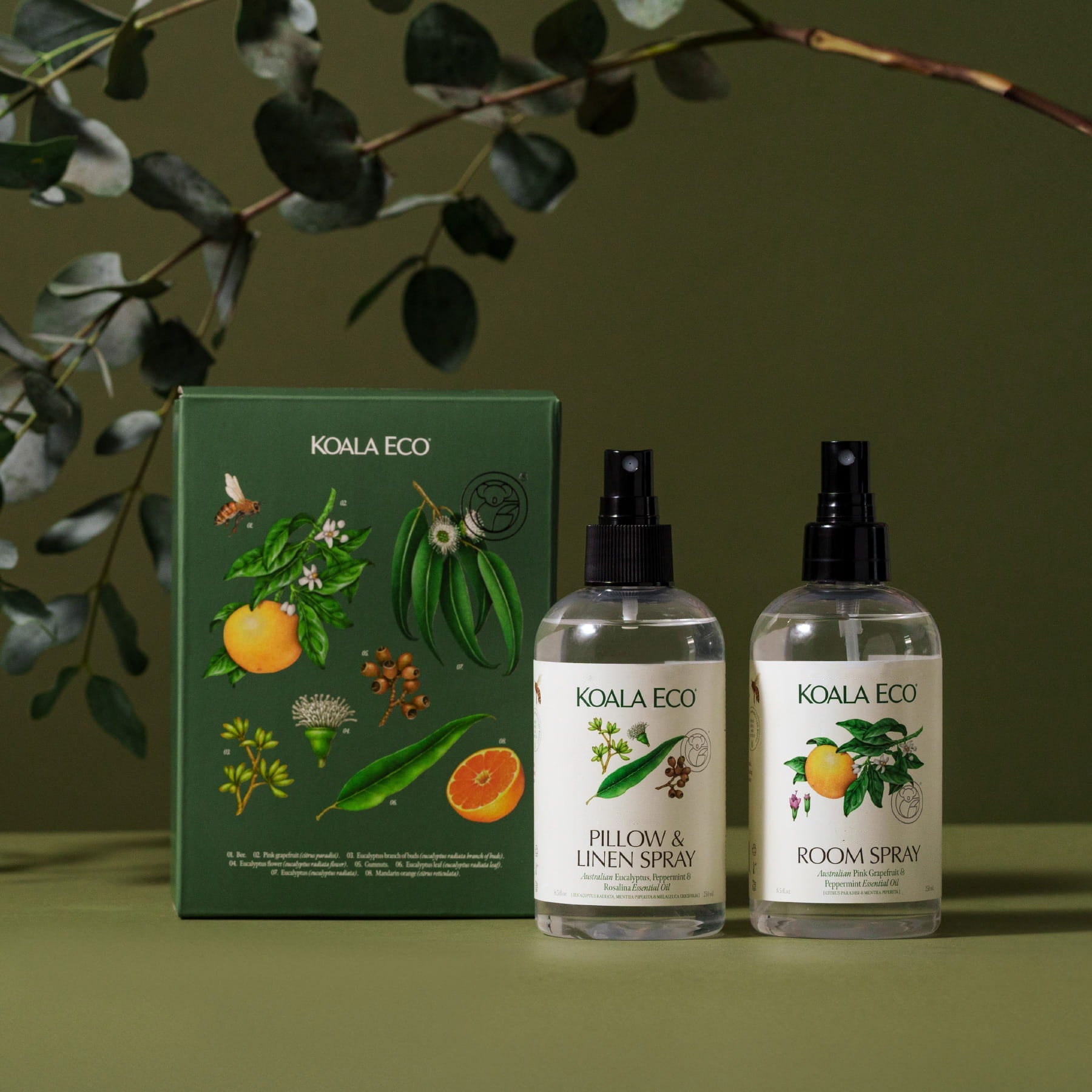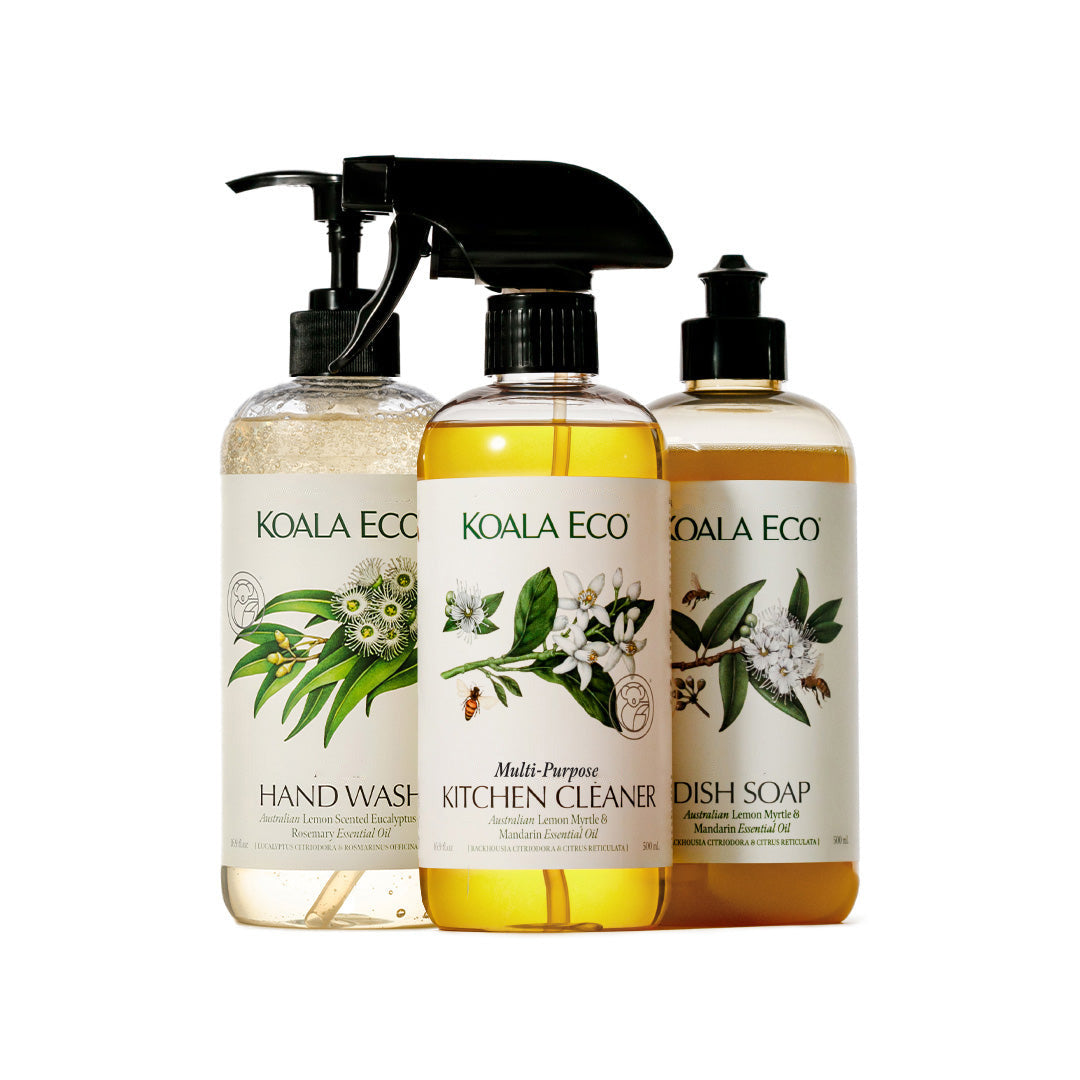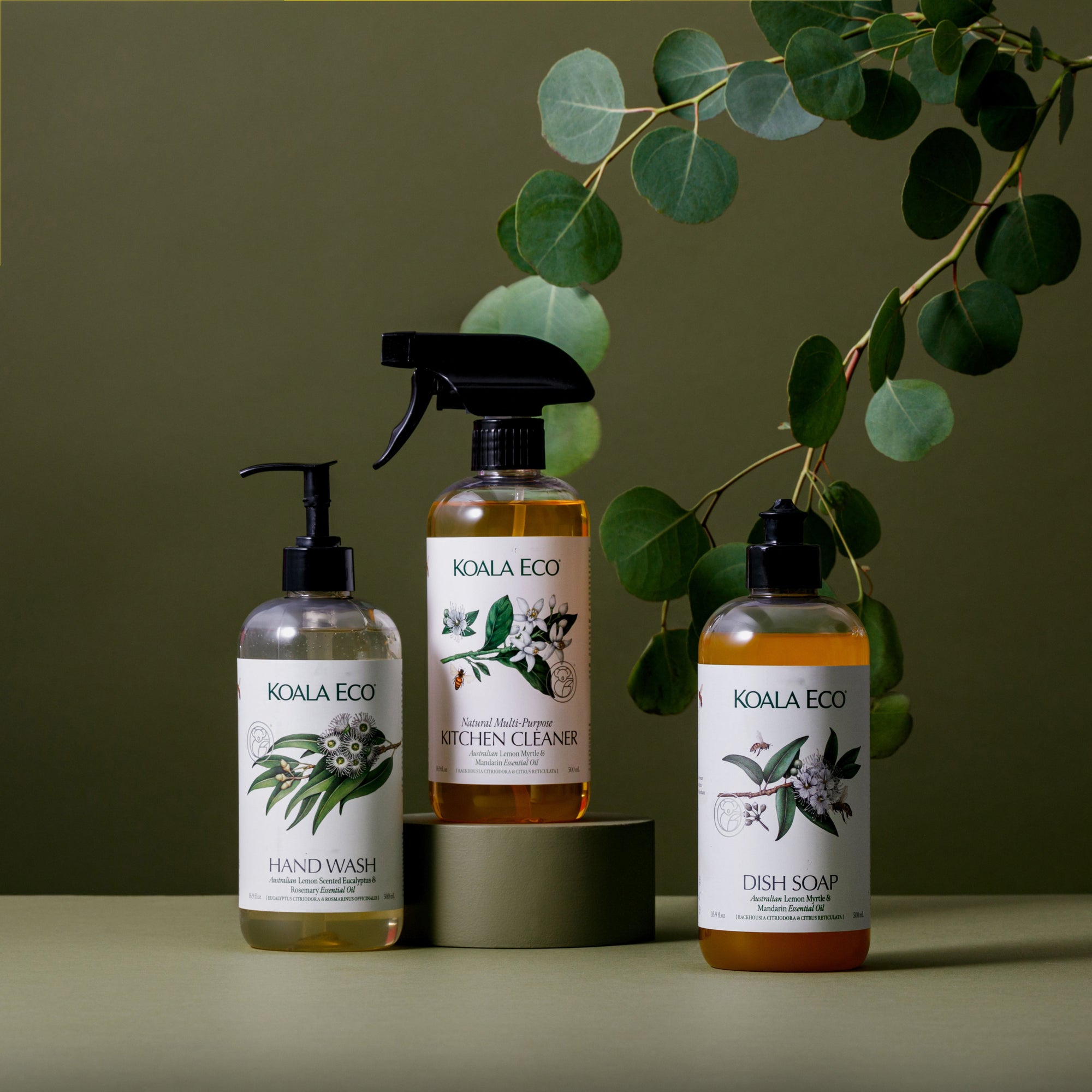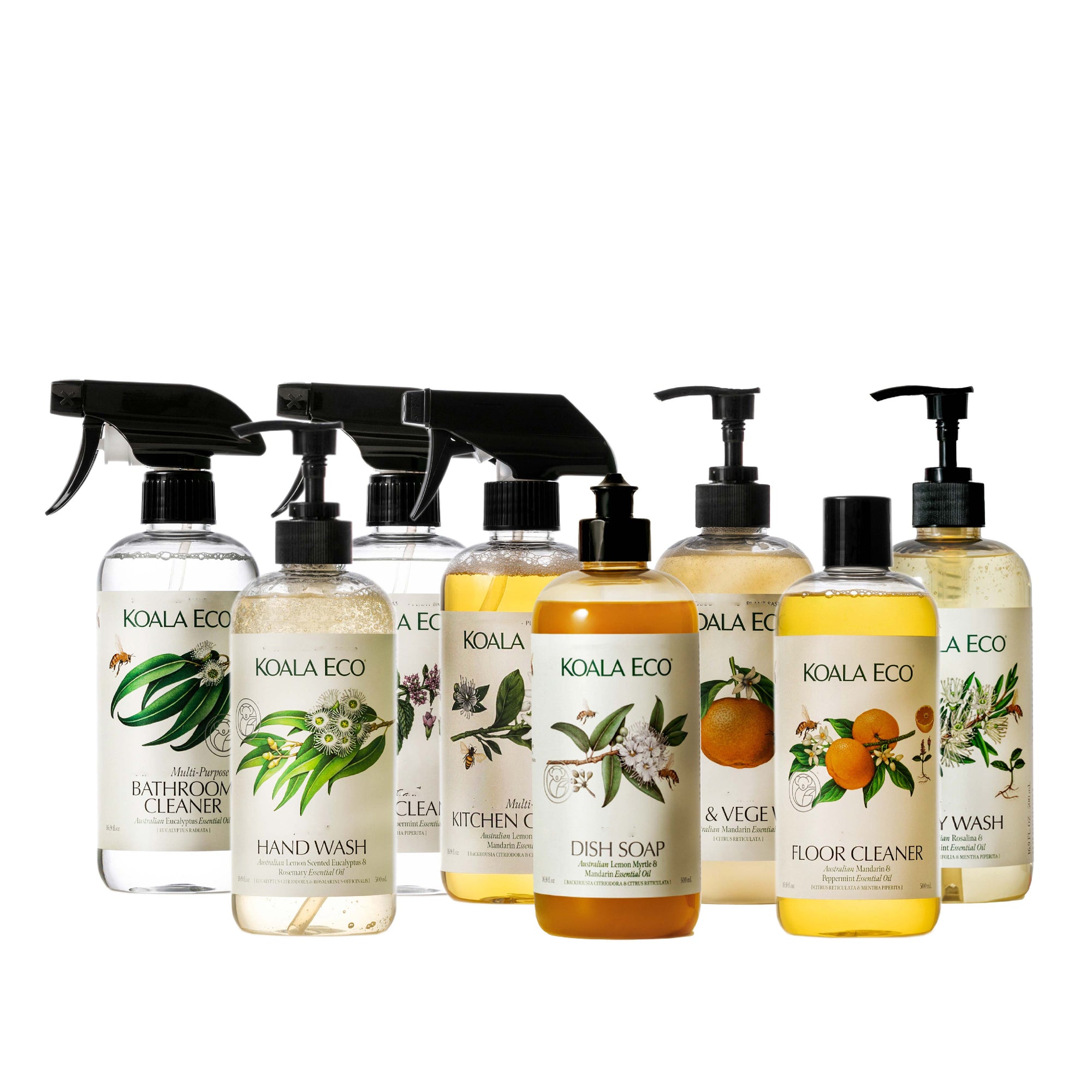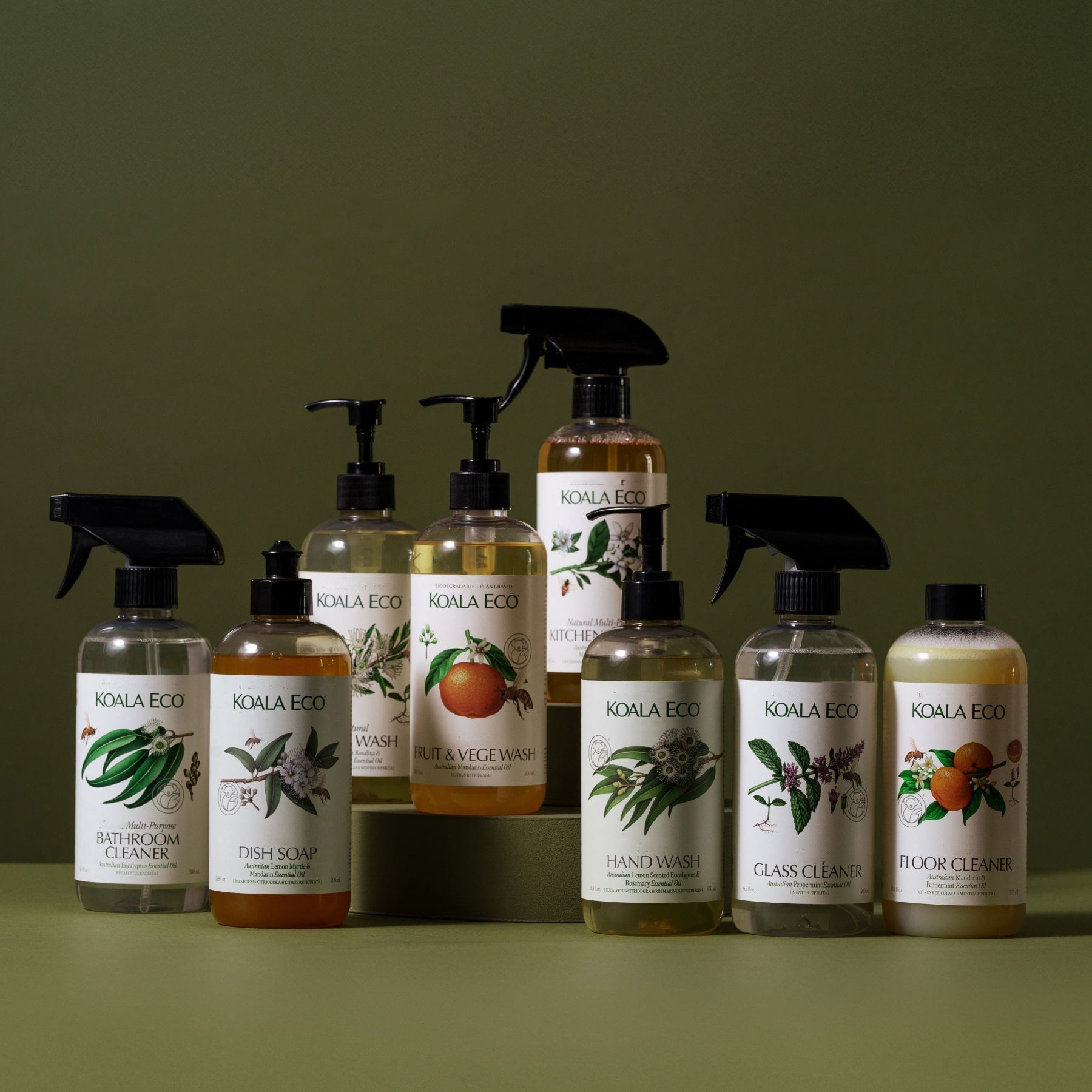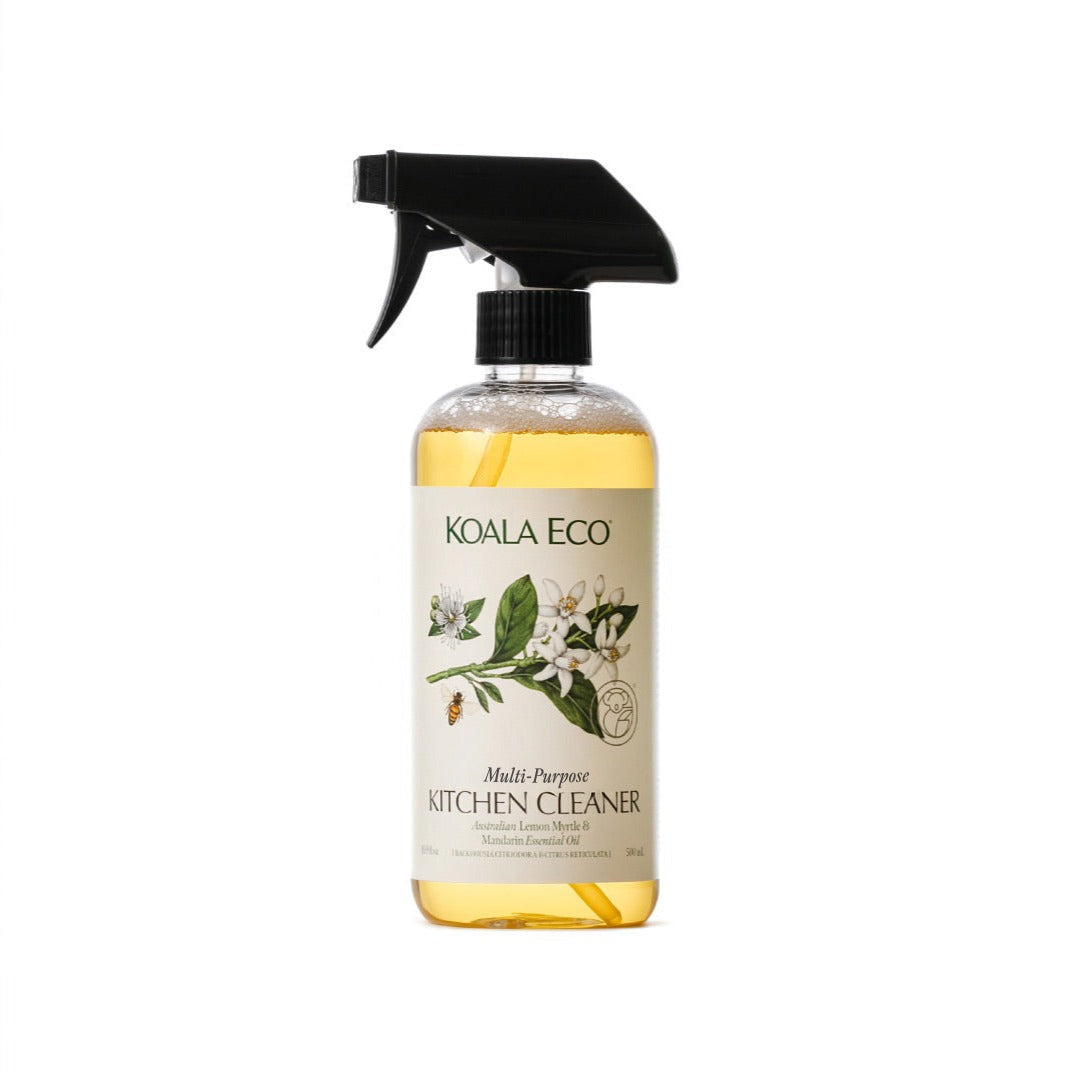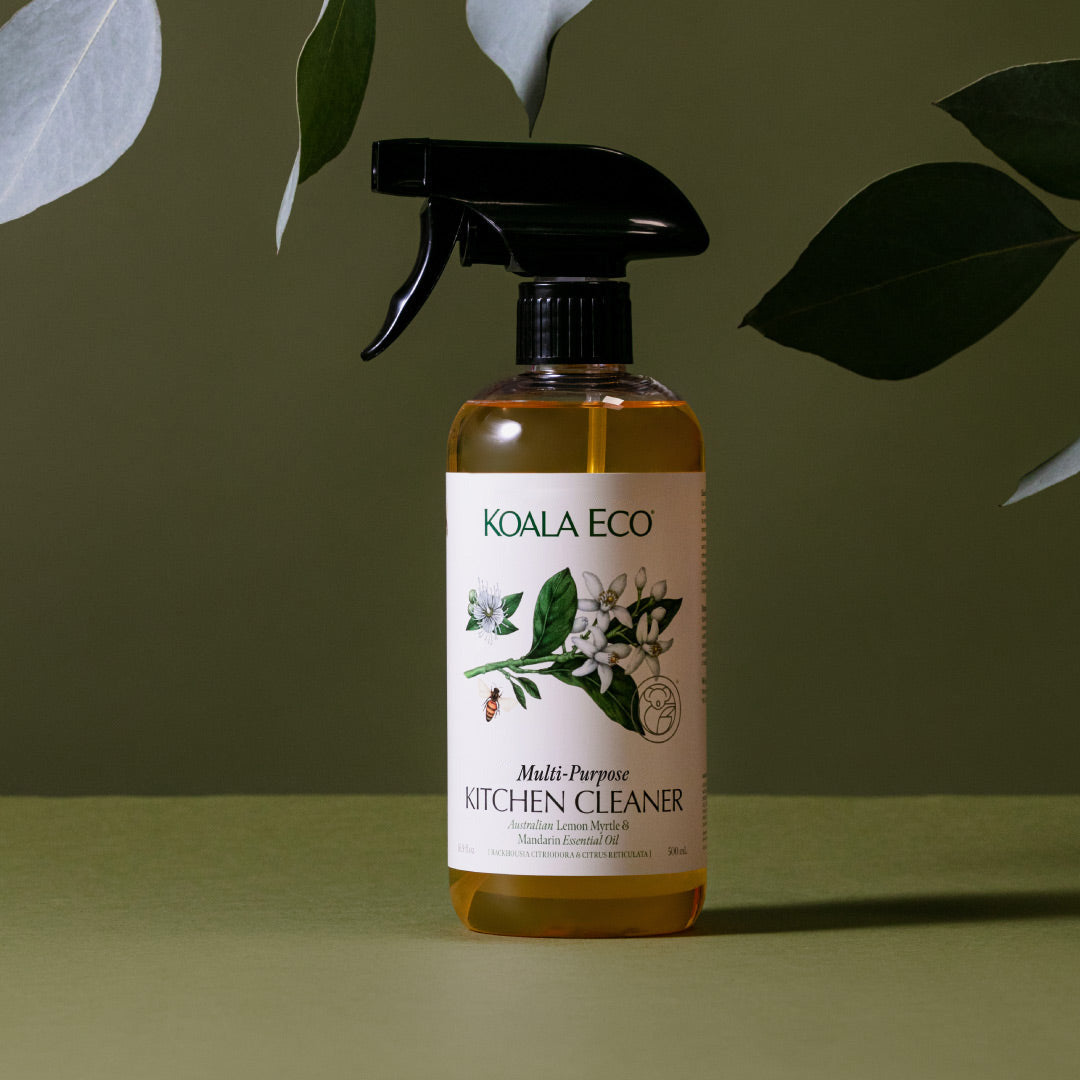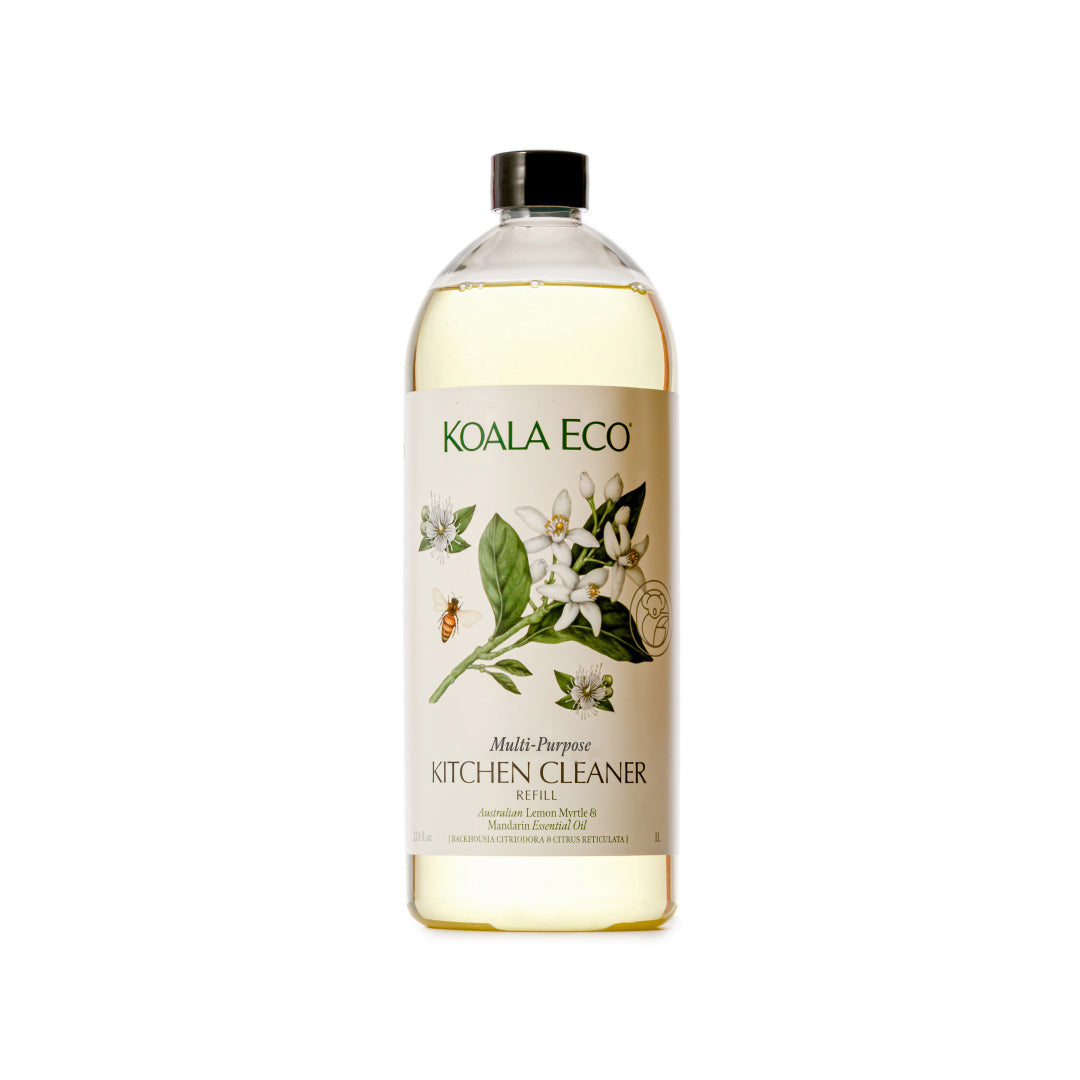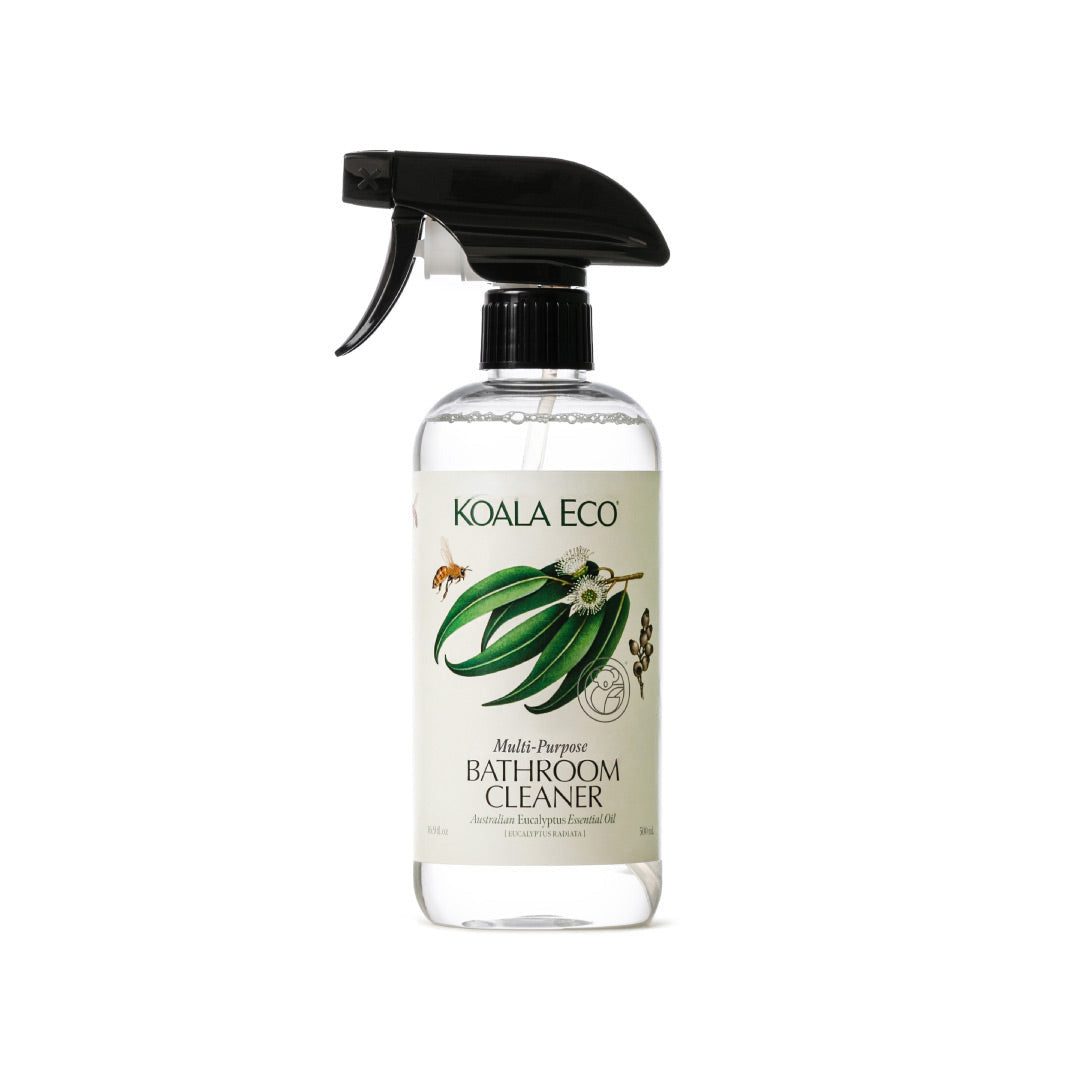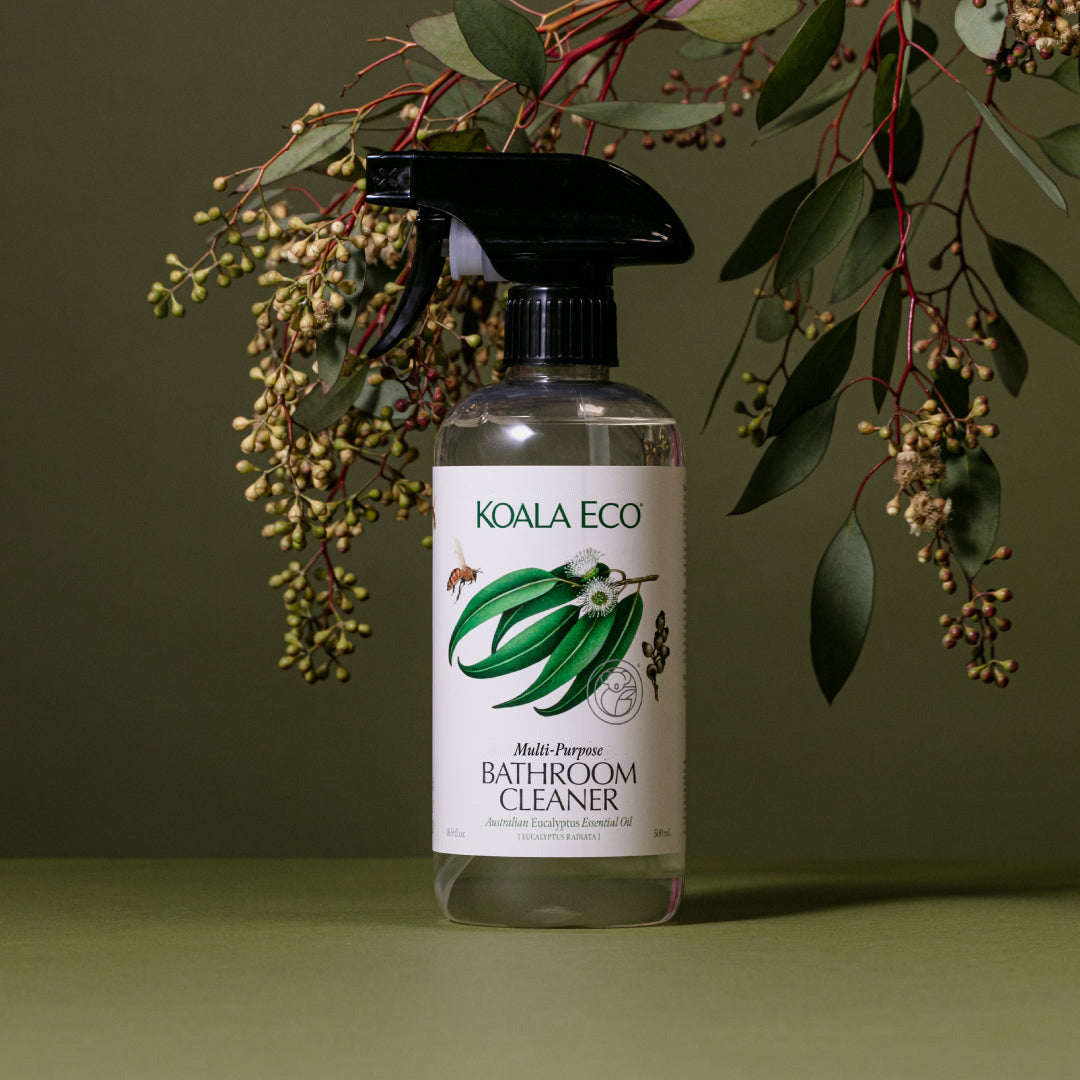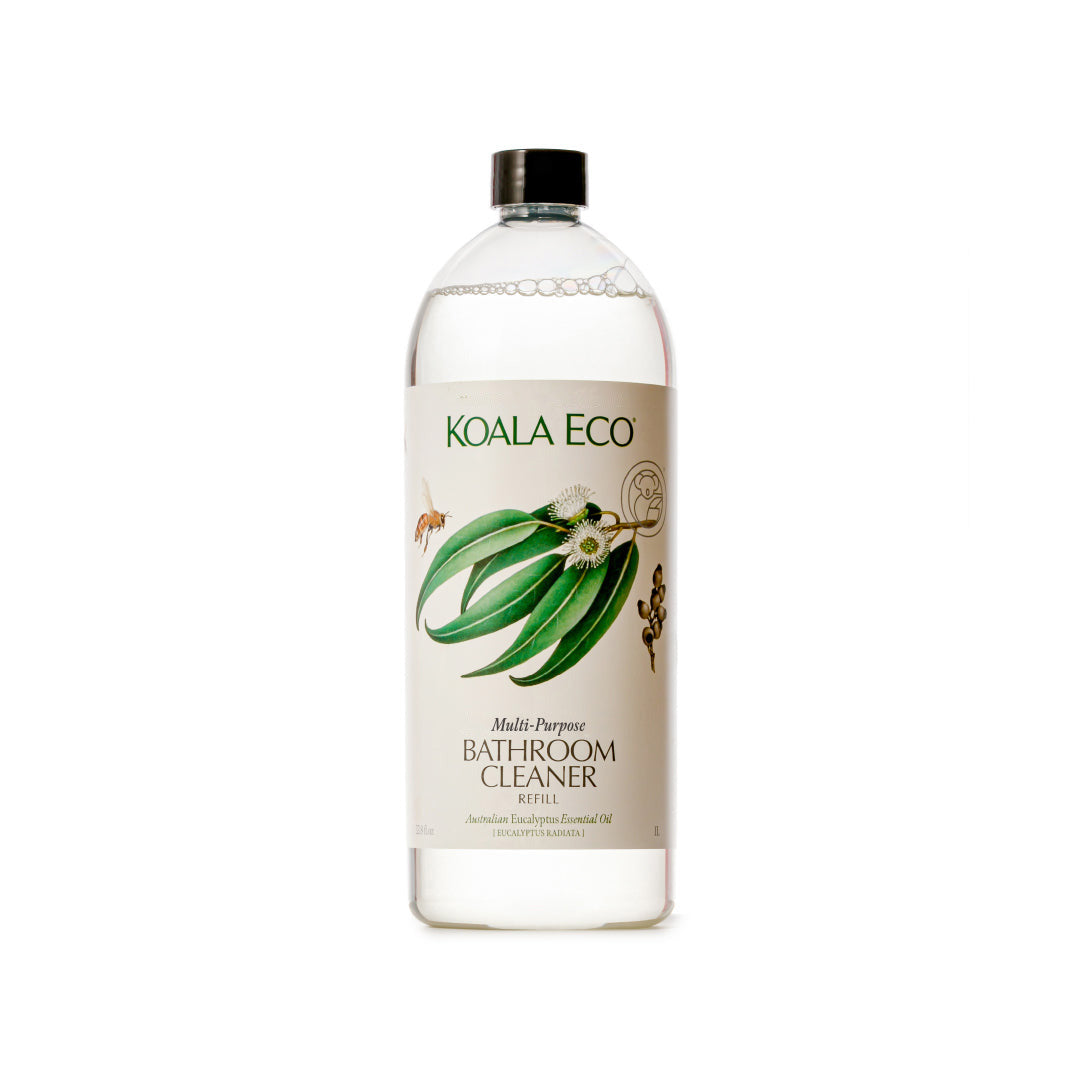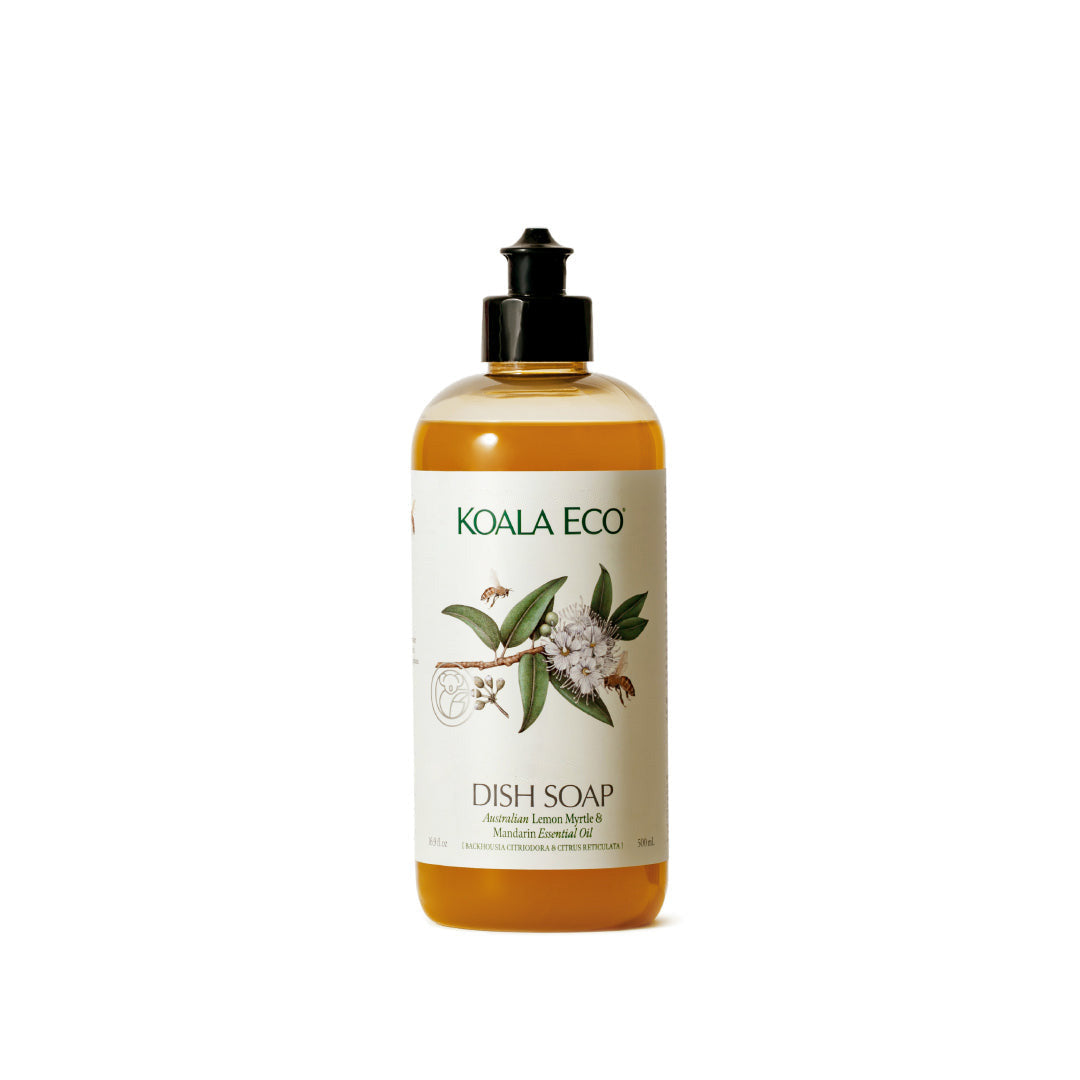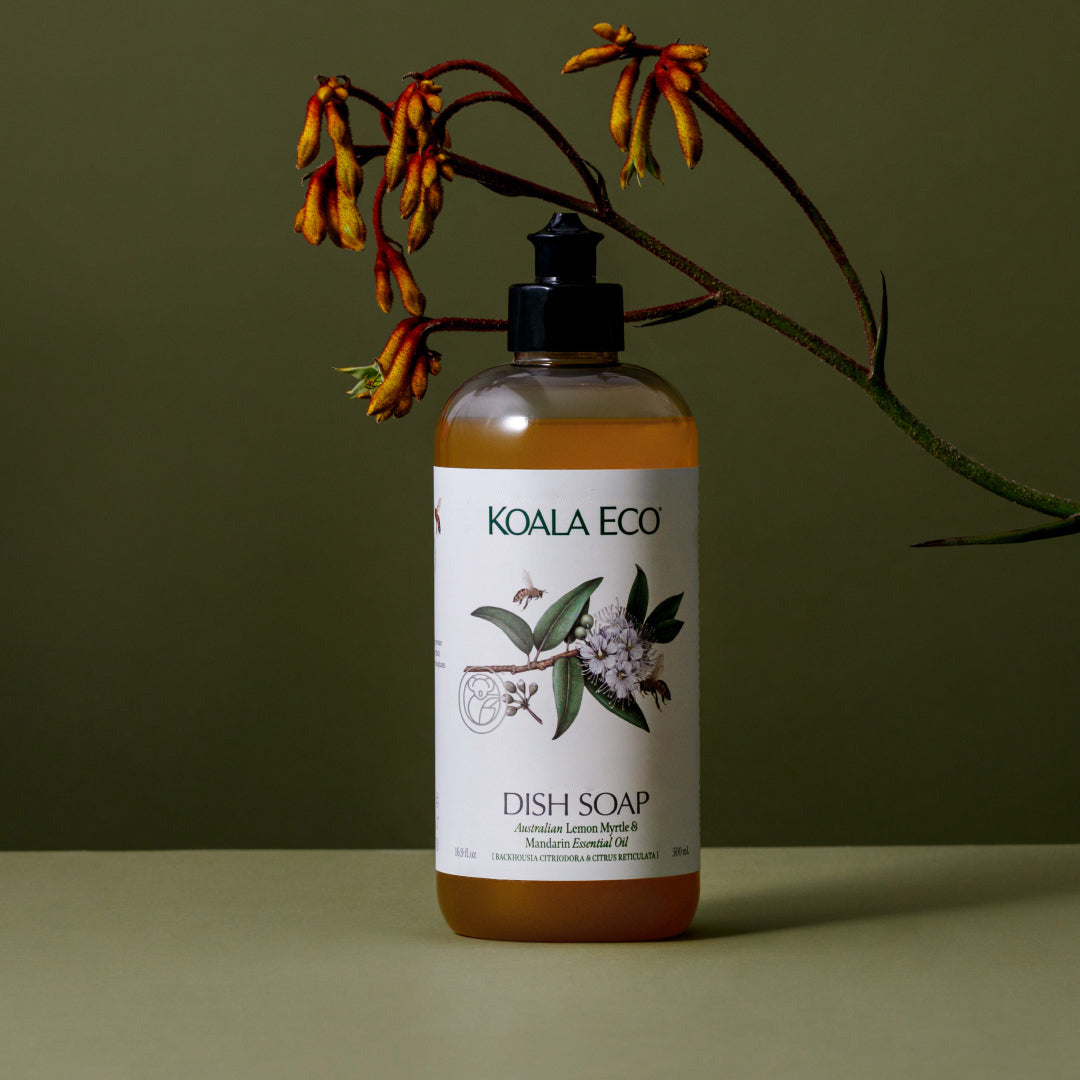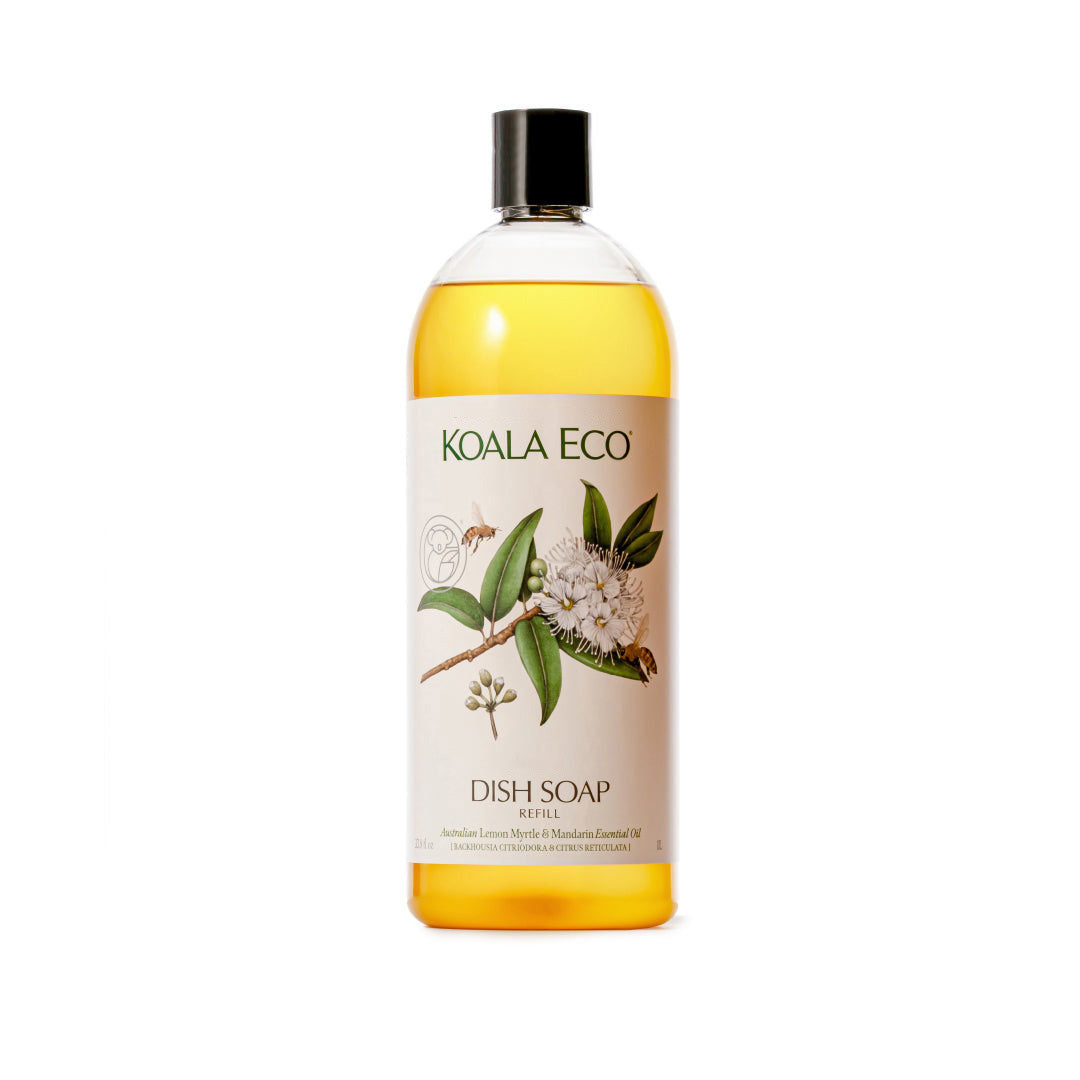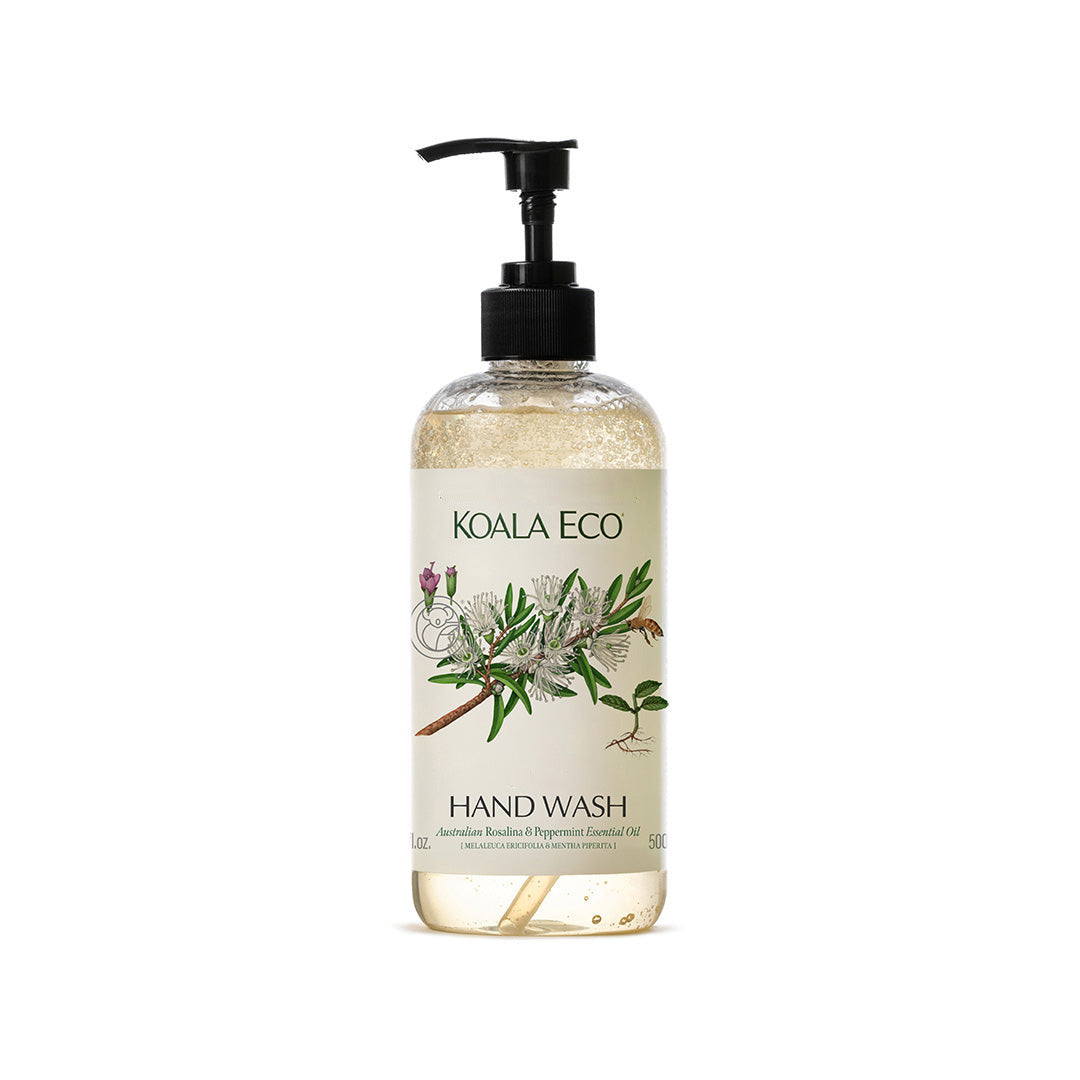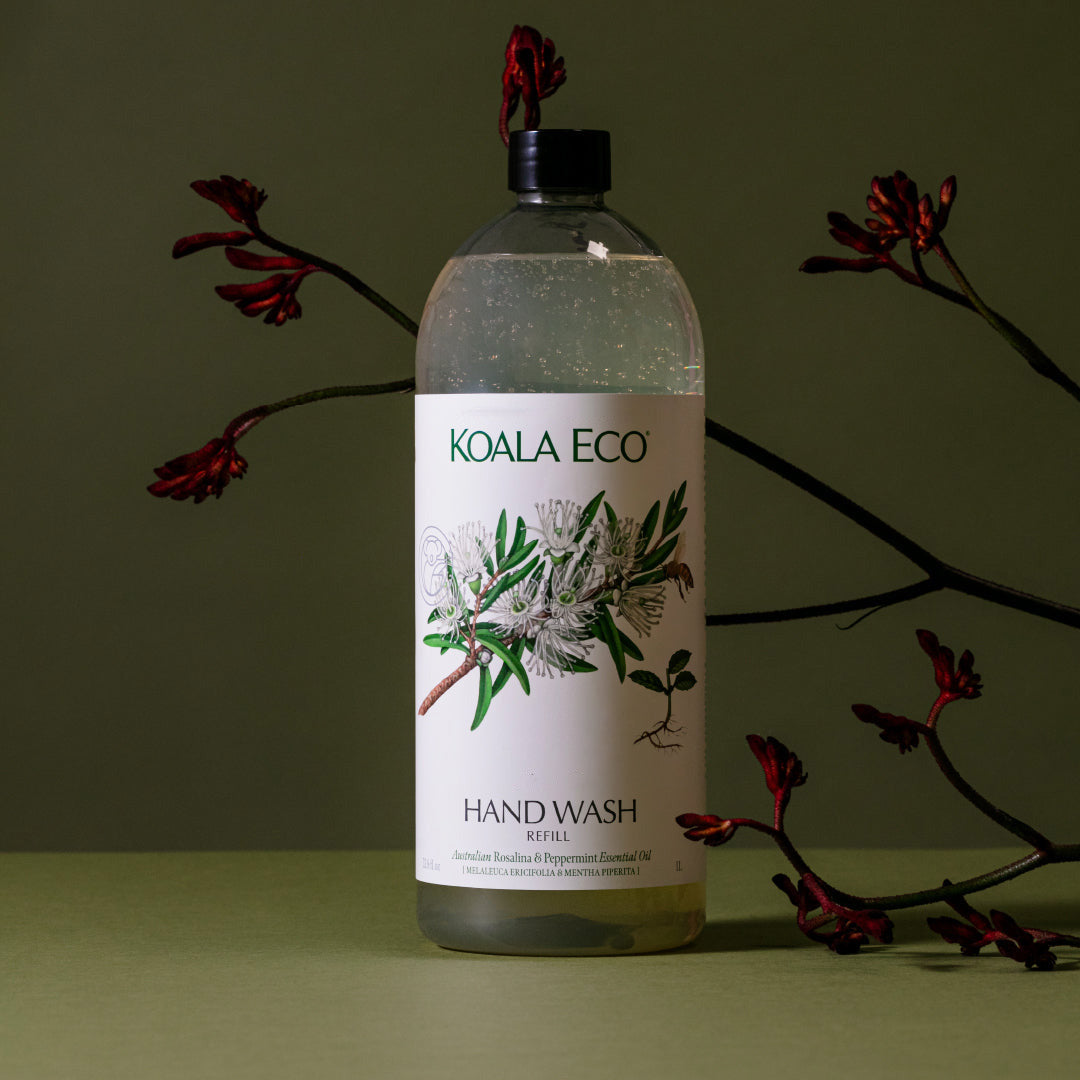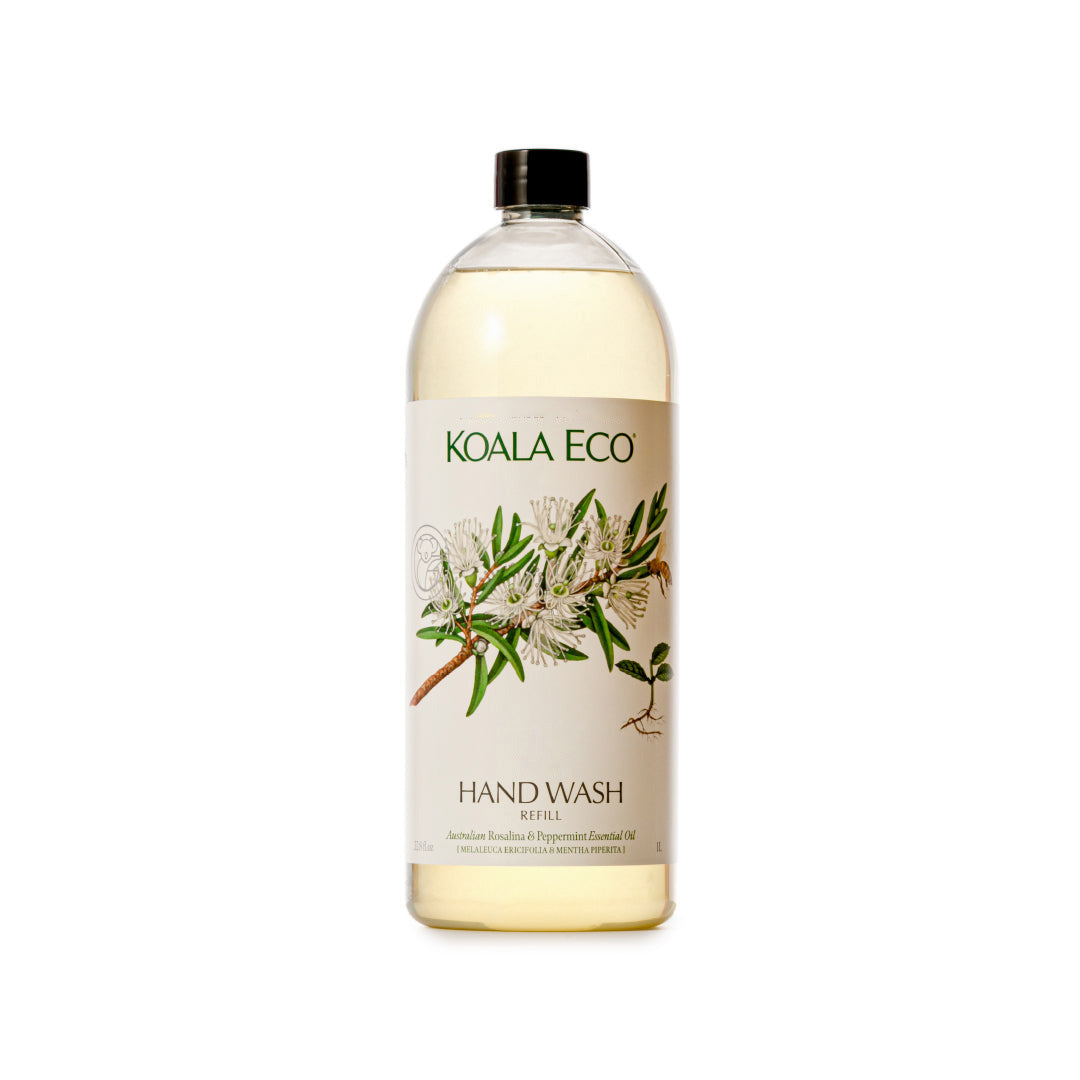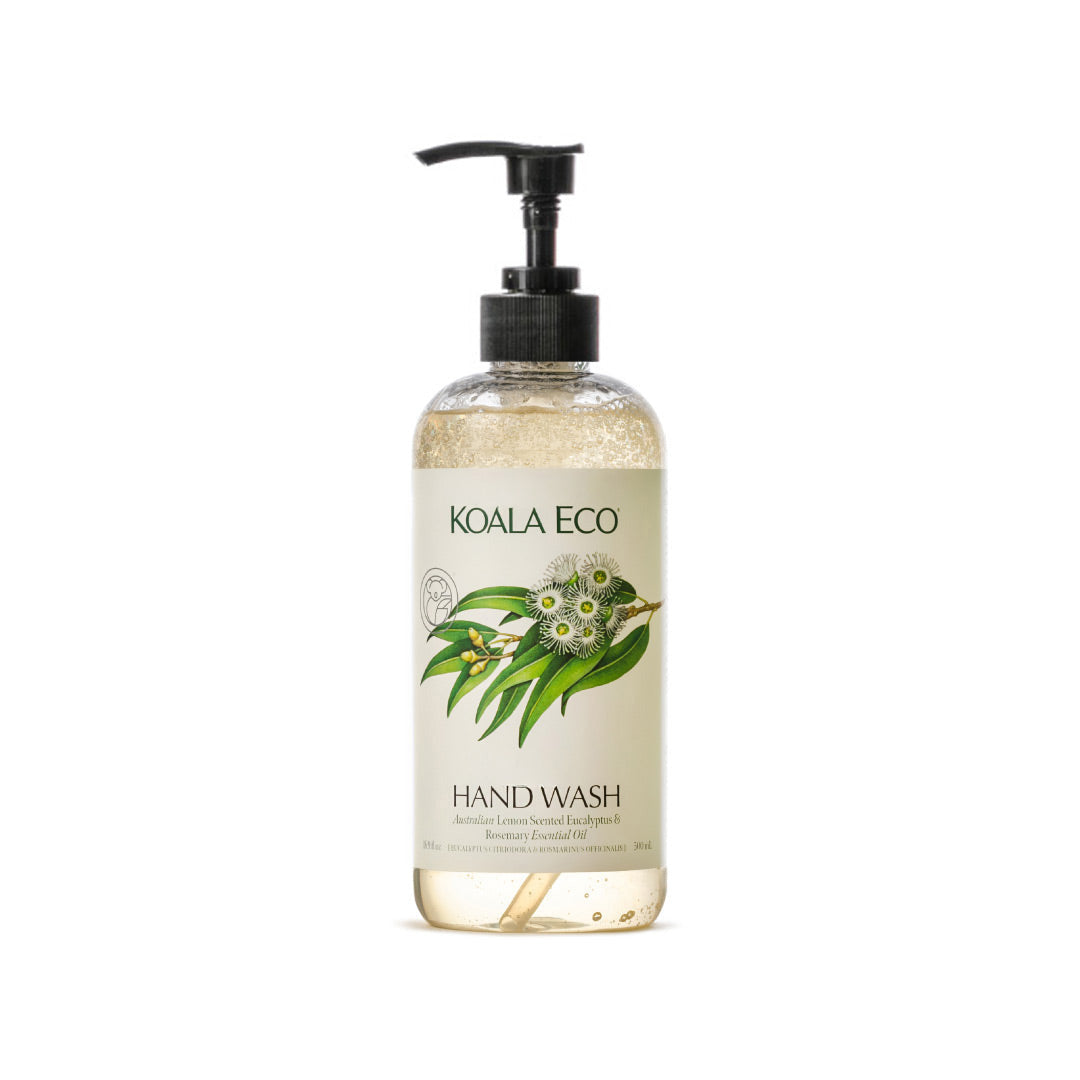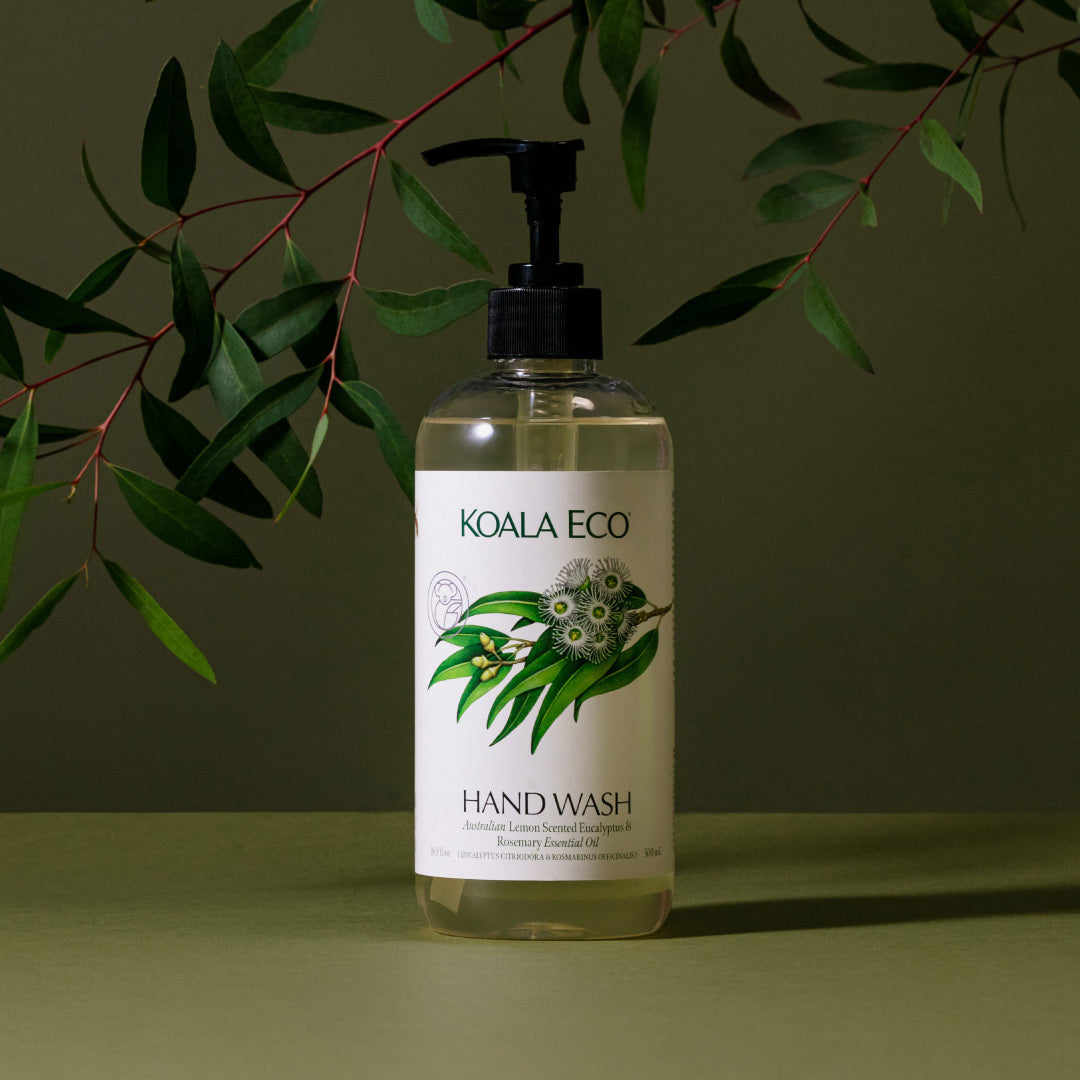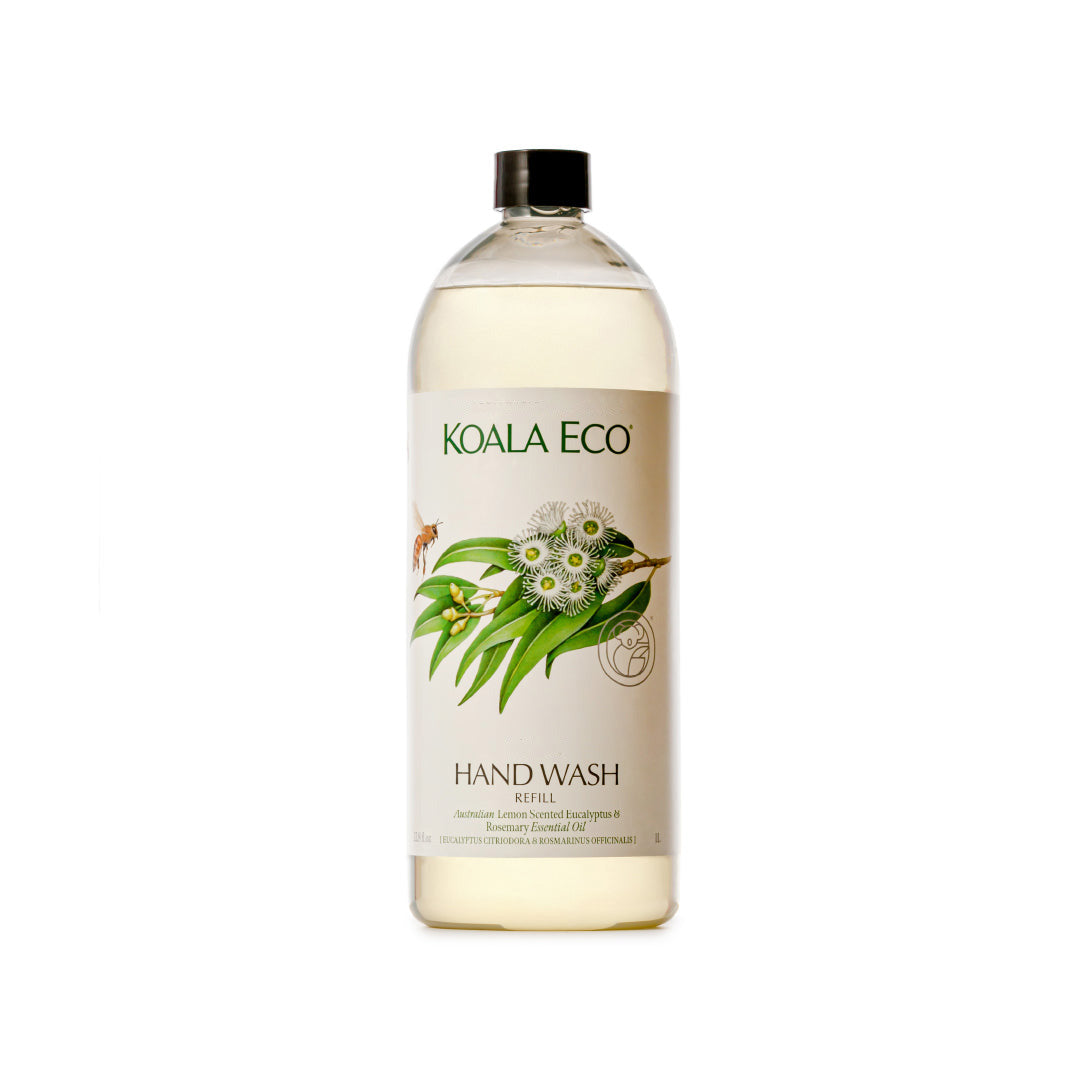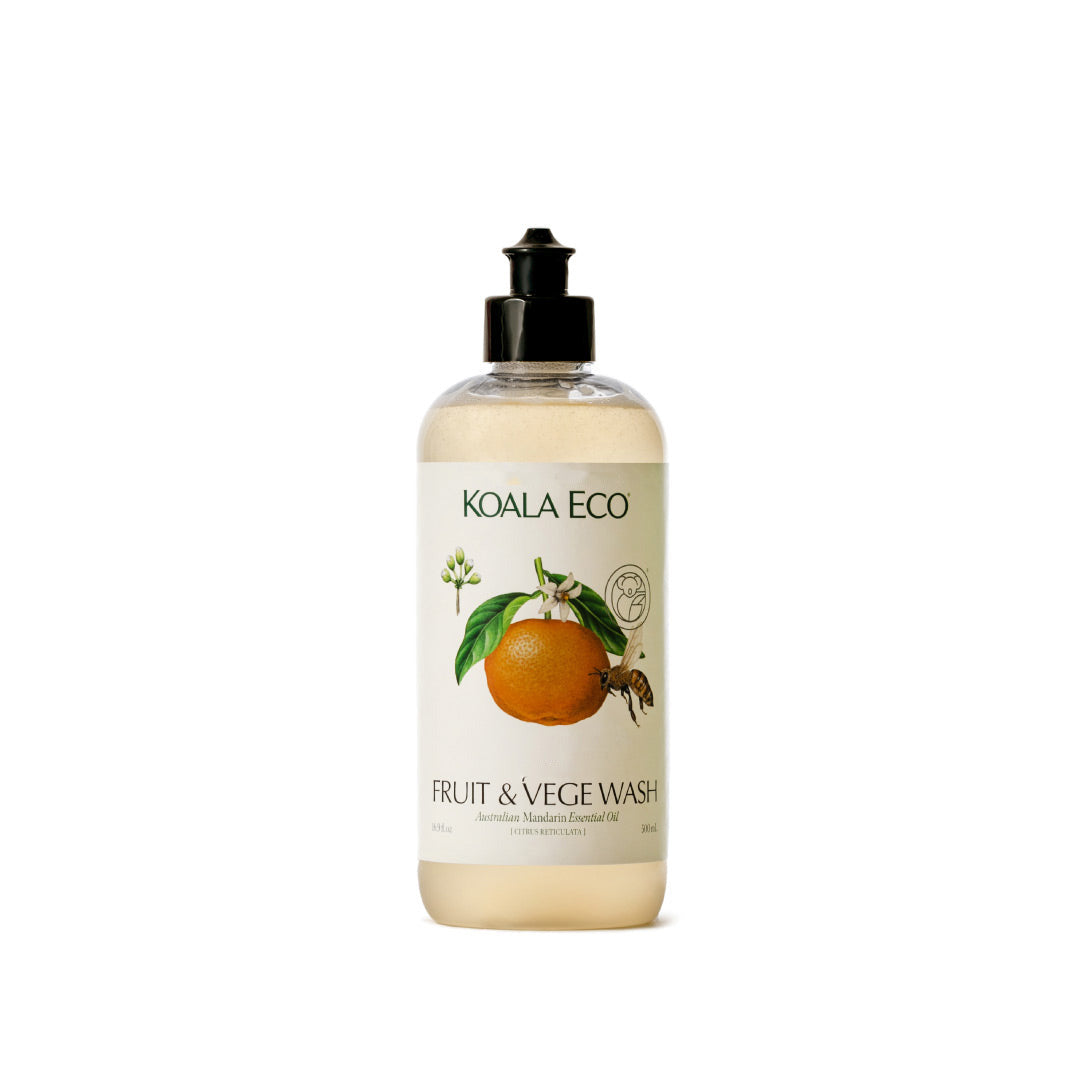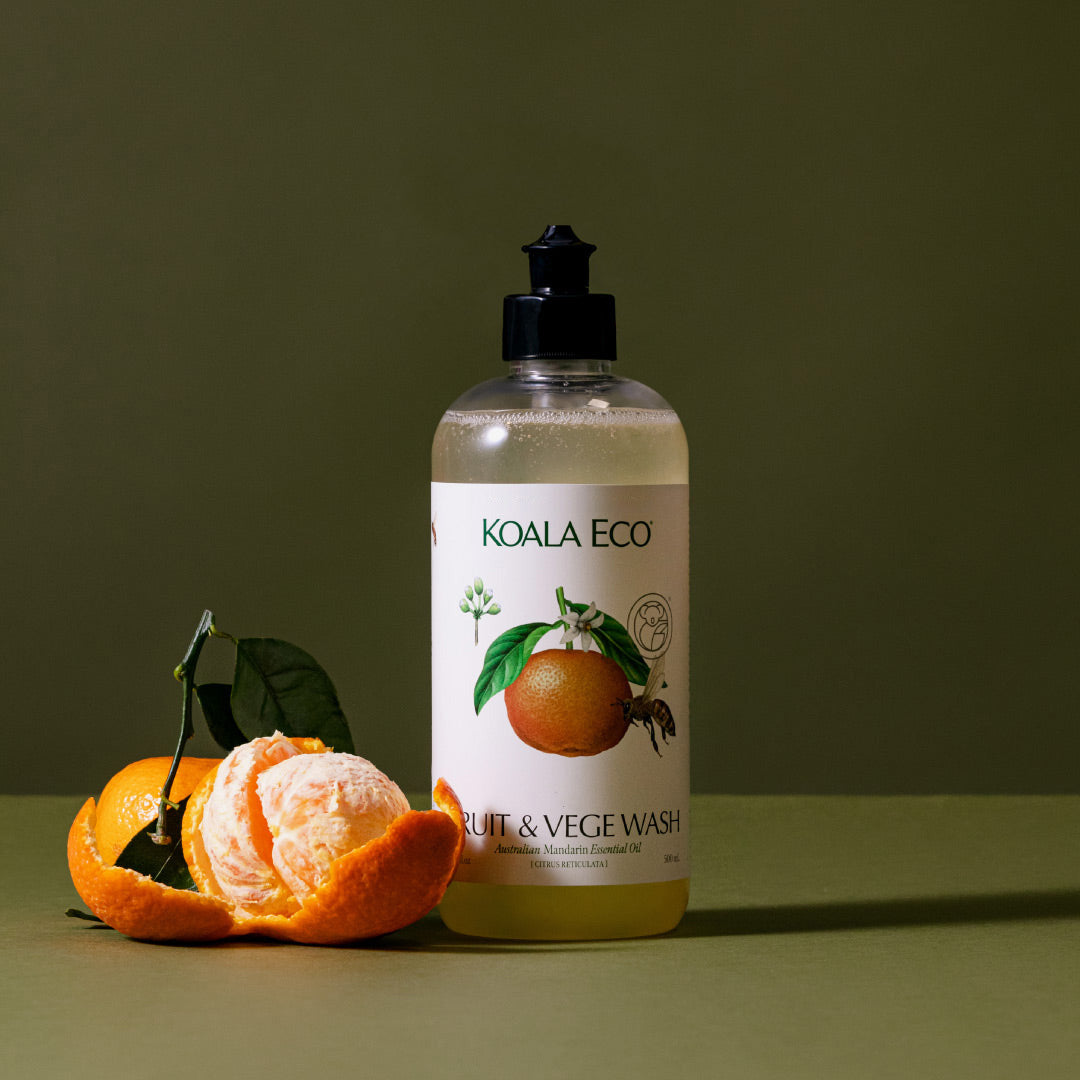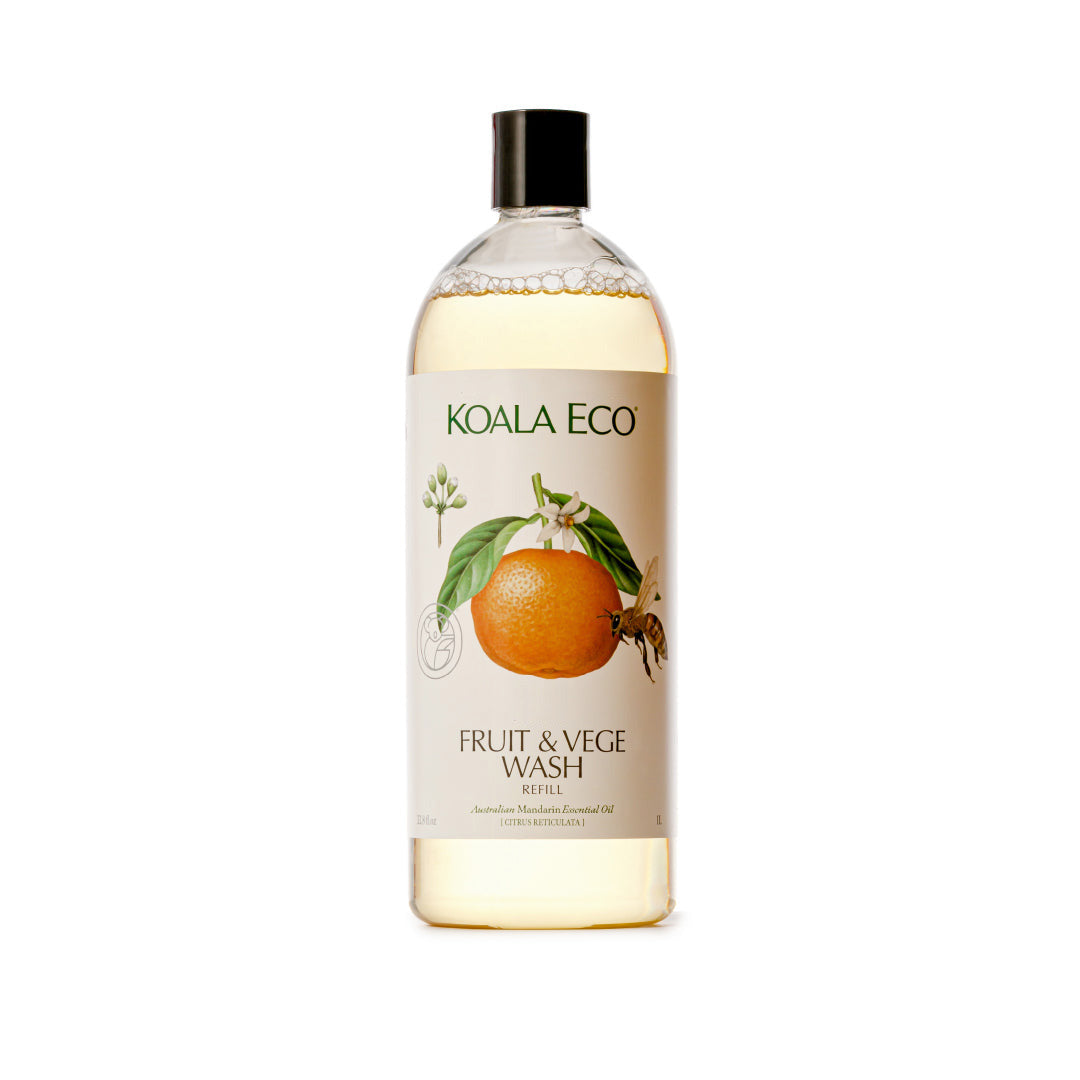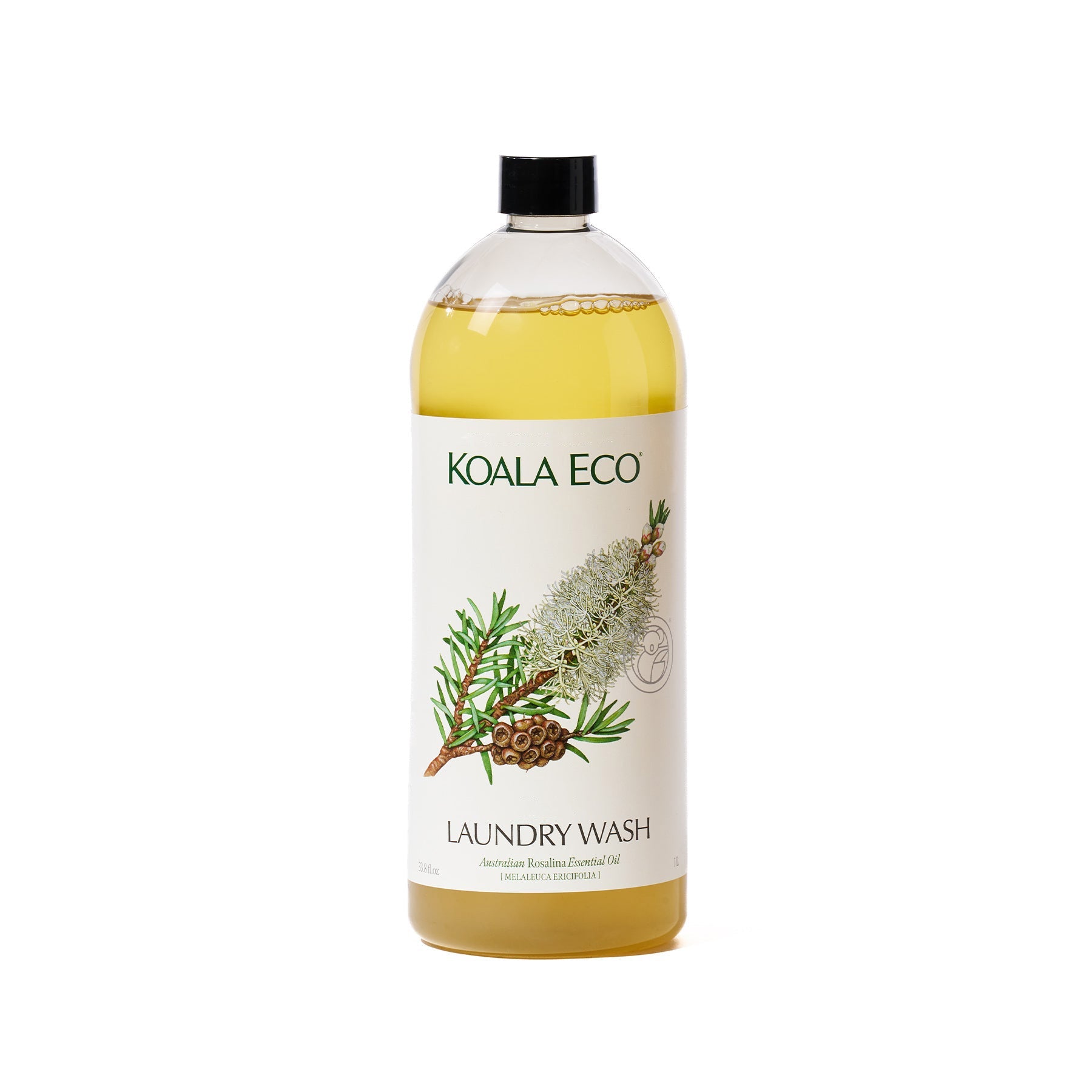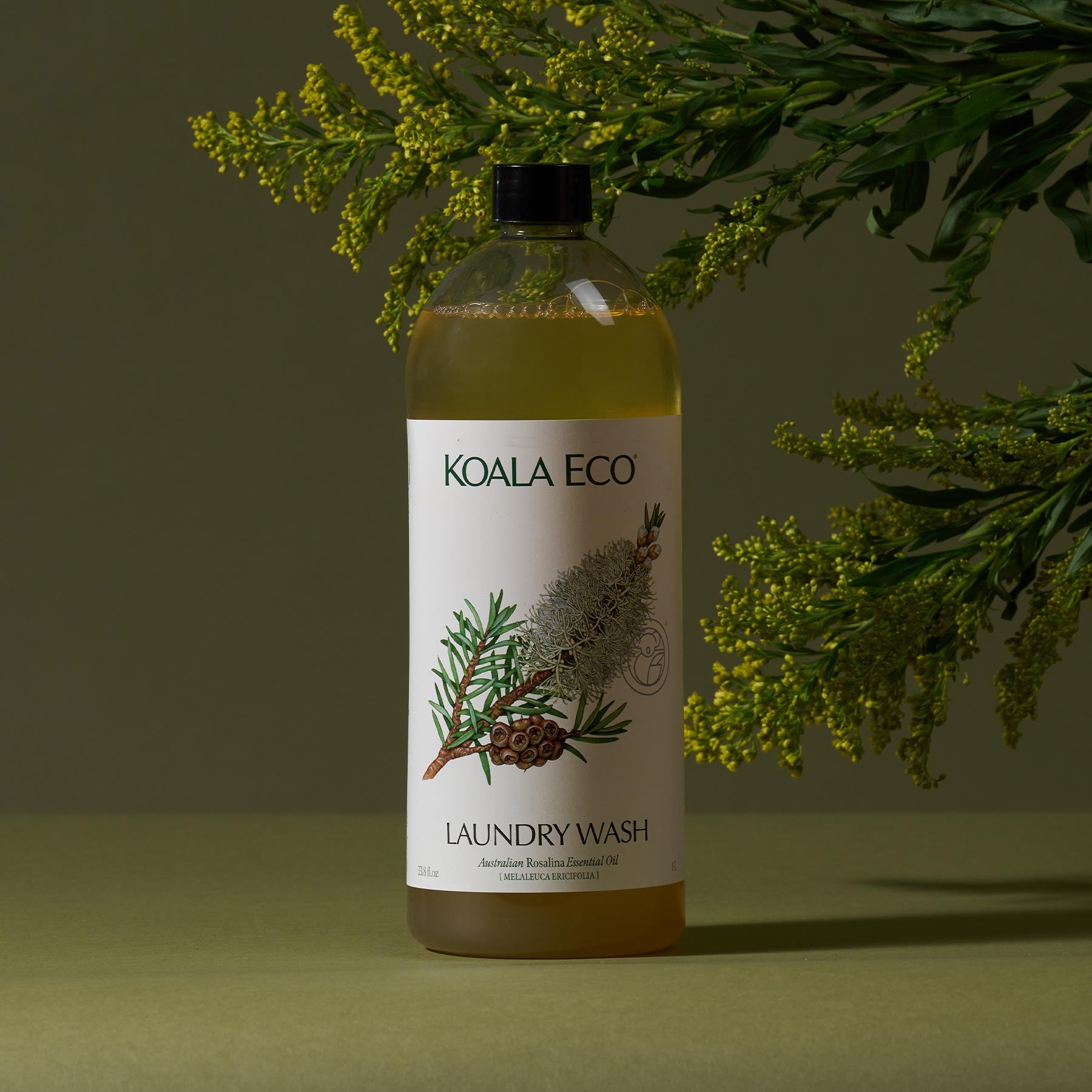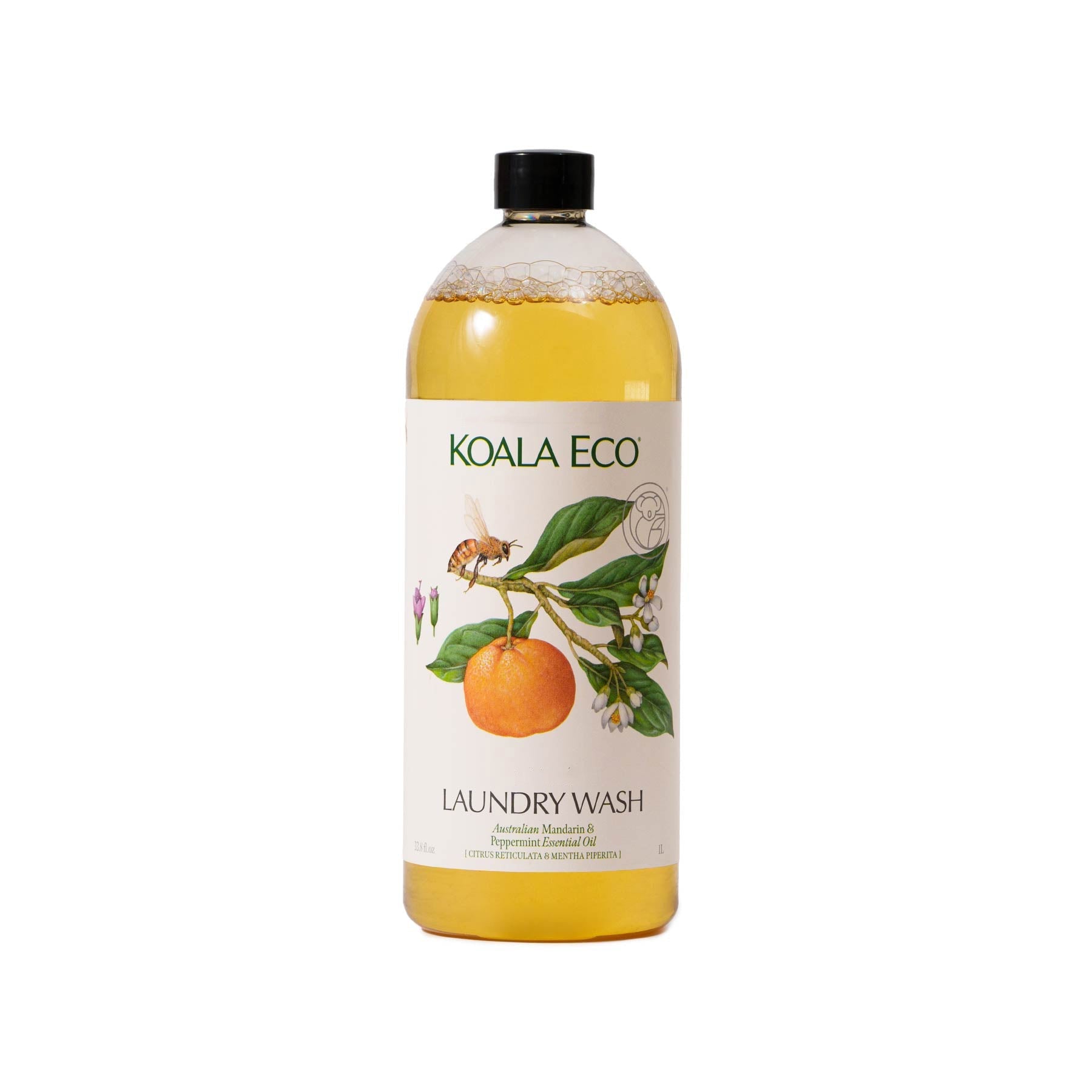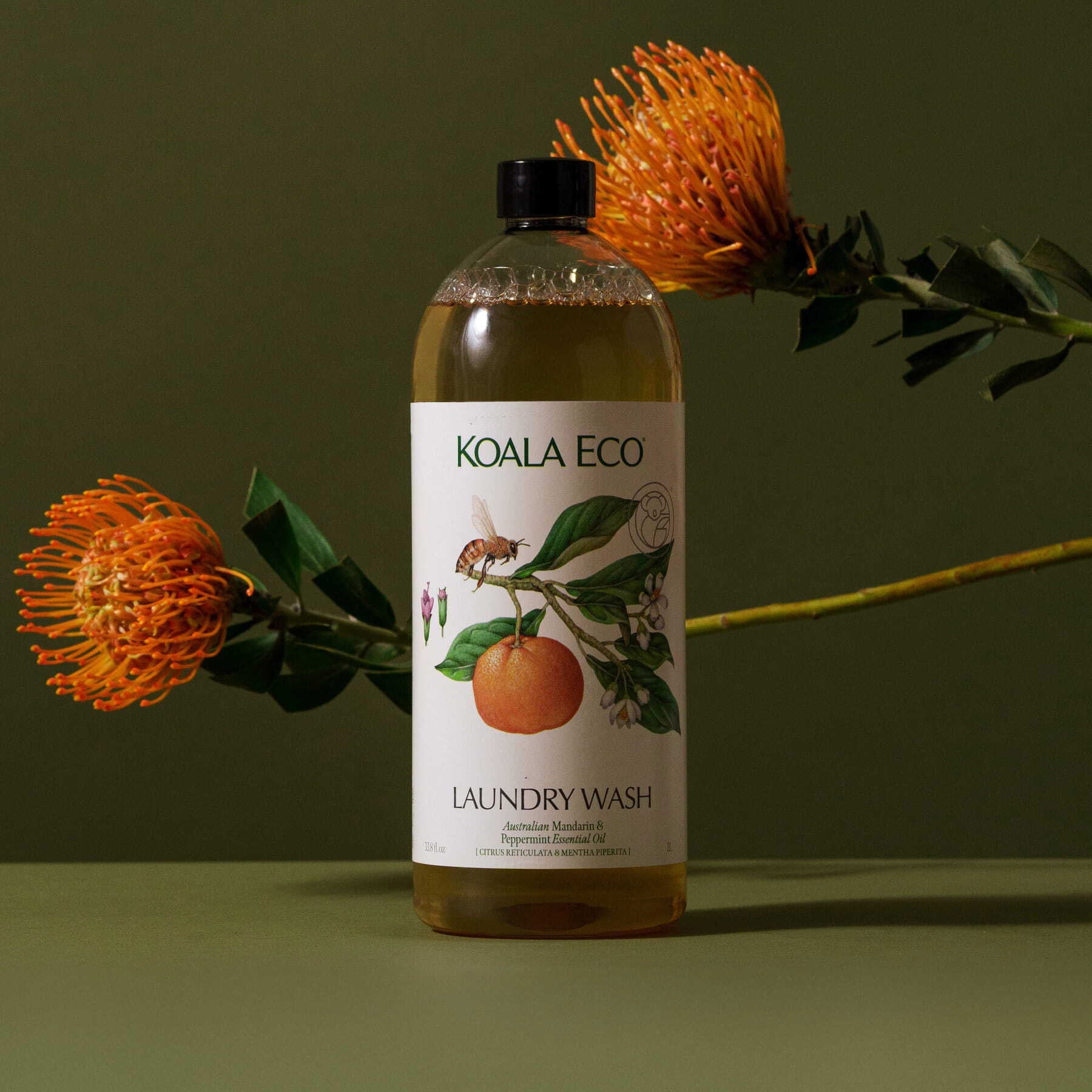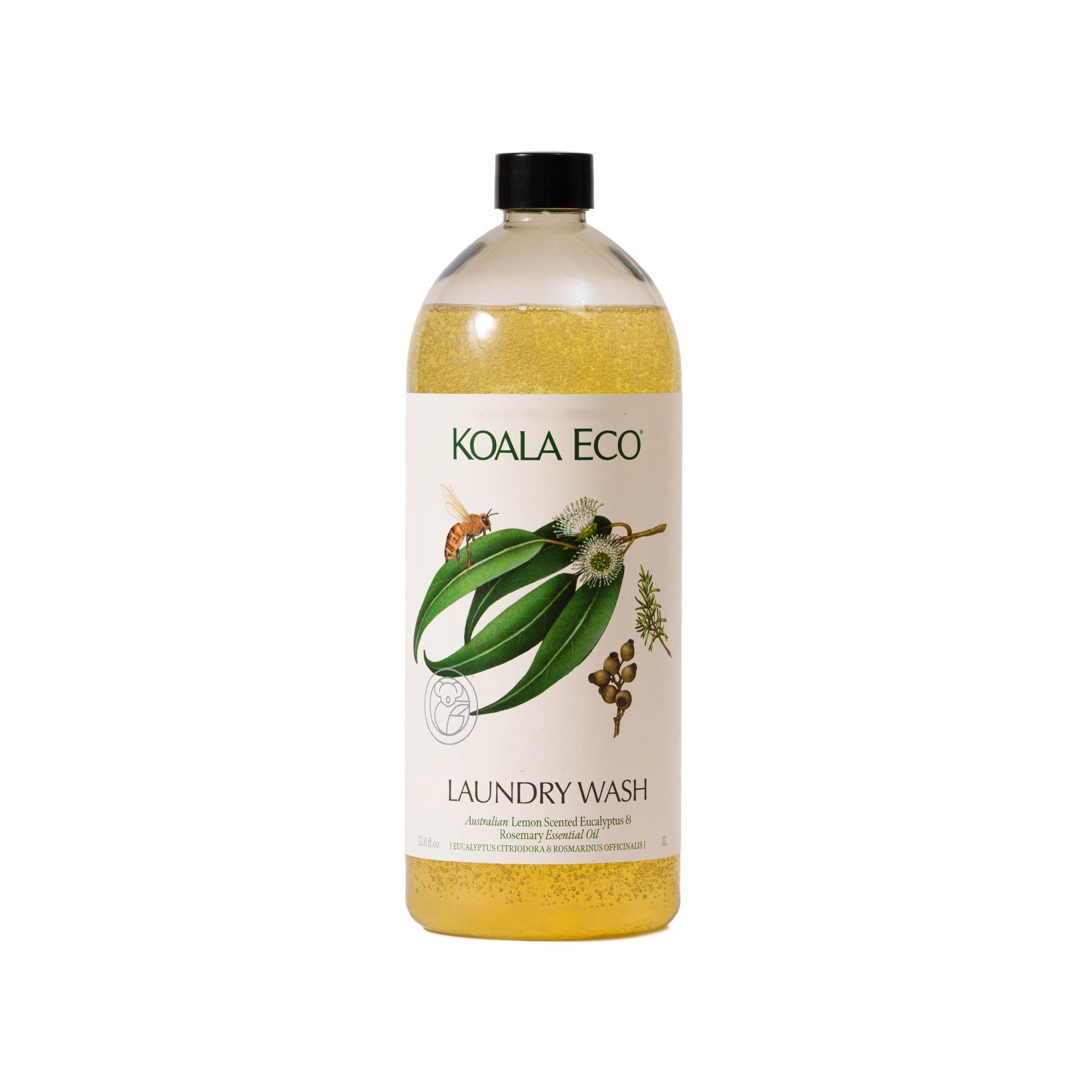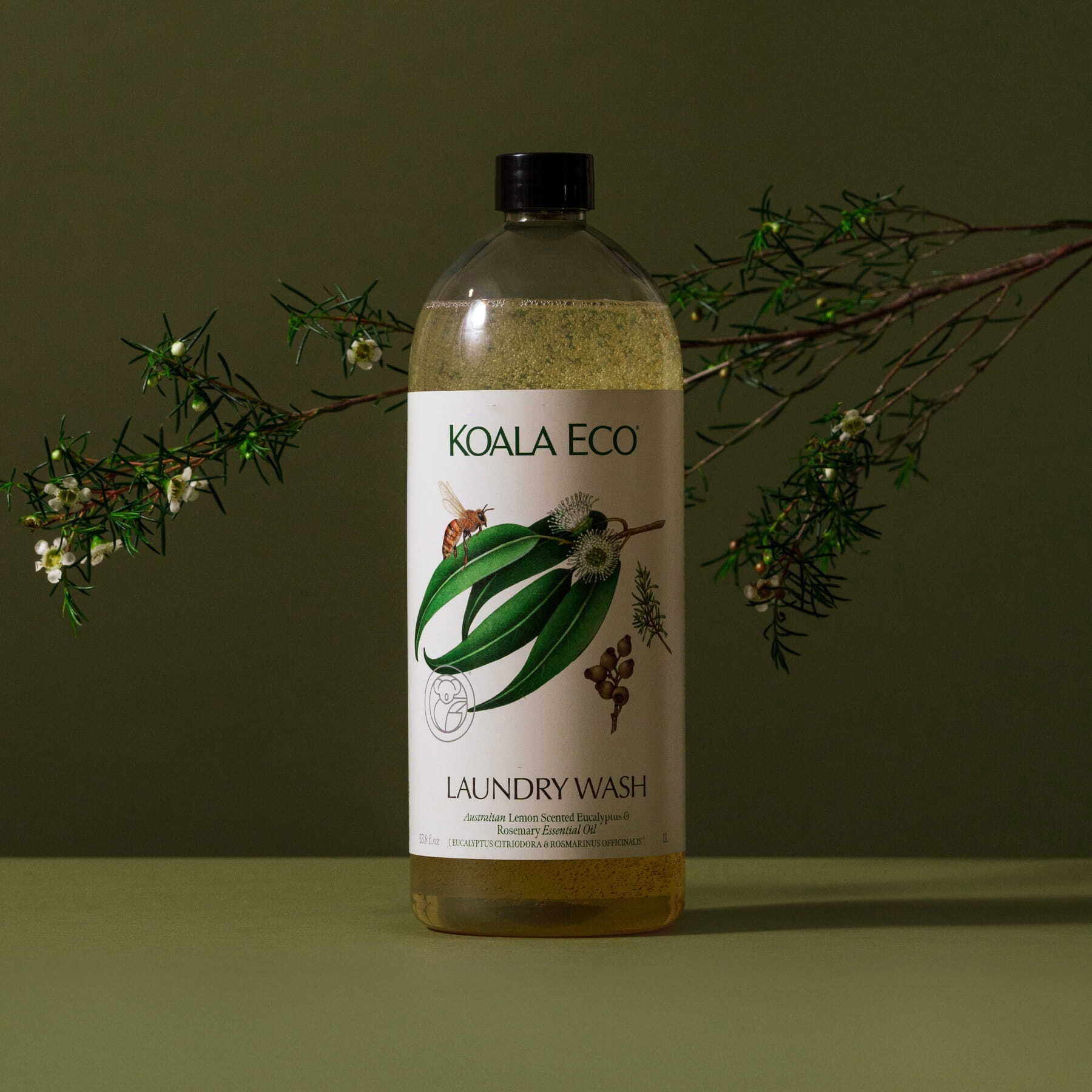Opt for safer ways to do the dishes
How do you get rid of stubborn scraps of food when washing pots, pans and dishes by hand? If you’ve been weighing up the advantages of brushes made of natural materials over synthetic—yet effective—sponges and scourers, perhaps the findings of two recent studies might help you lean towards the natural way.
By using an electron microscope to scan an ordinary kitchen sponge (one with a soft yellow layer and a more abrasive green layer), a team of researchers found high potential for the release of microplastics. In a paper published in Science of the Total Environment, the researchers noted:
Scrubbing kitchenware with dish sponges may result in the gradual disintegration and fragmentation of sponge plastic structures, due to abrasion and ageing. The sponges then become fragile enough to potentially shed microplastics, and more seriously nanoplastics. These fragments are subsequently washed down into the kitchen sink and enter the sewer system (Luo et al, 2022)
Similarly, in another study, researchers found that when melamine sponges (which erase stains and scuffs) wear away from repeated use, the foam in the sponge ‘breaks down into smaller pieces that can release microplastic fibres that wash into the sewer system’ (2024).
Not a pretty story. But there’s a solution to this: use kitchen accessories made from natural fibres, which do not shed any harmful particles. Koala Eco’s retro-inspired brushes are made from sustainable bamboo (which has anti-bacterial properties) and bristles from the agave plant. They won’t scratch delicate surfaces, will do everything a sponge can do. When a brush wears out, you can just fit a replacement to the handle. And, of course, our Dish Soap with Lemon Myrtle and Mandarin is the perfect natural grease-cutting accompaniment!
Feel safe, keep safe, and help keep those microplastics out of the environment.
Sources:
Luo, L. et al. 2022. ‘Investigating kitchen sponge-derived microplastics and nanoplastics with Raman imaging and multivariate analysis.’ Science of the Total Environment (Vol 824)
2024. ‘Melamine sponges shed microplastics when scrubbed.’ American Chemical Society. Media Release

